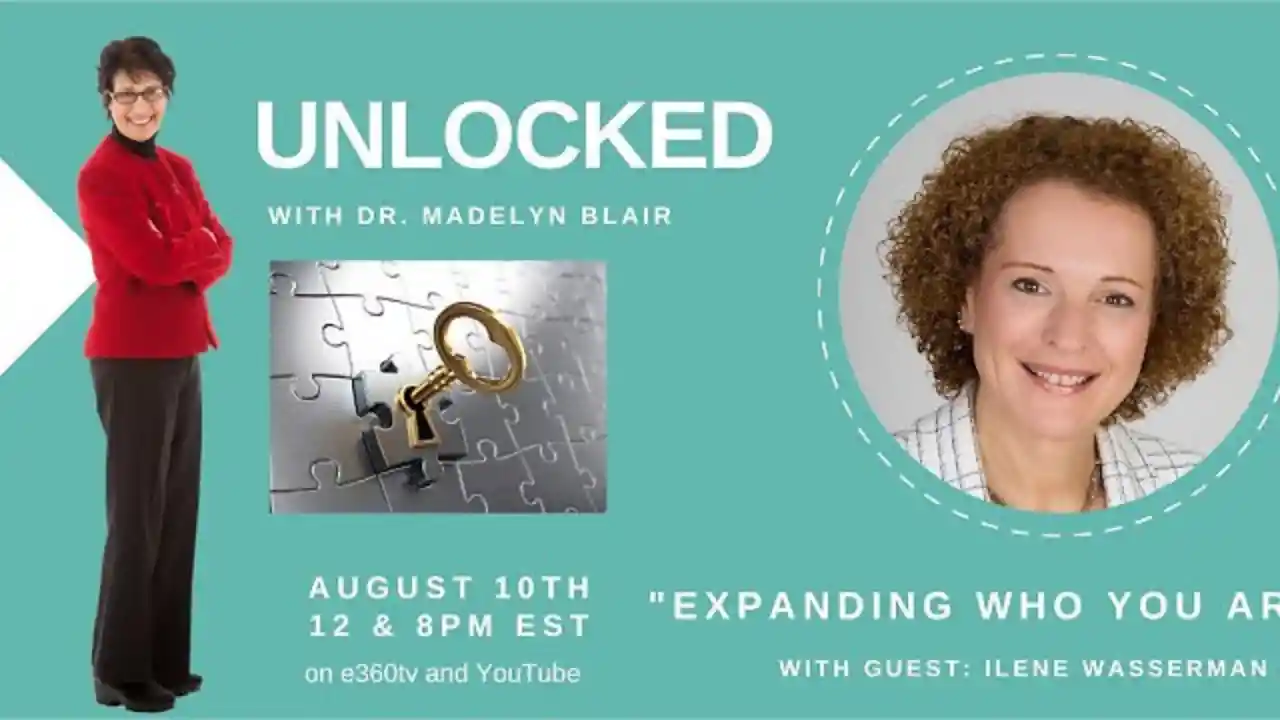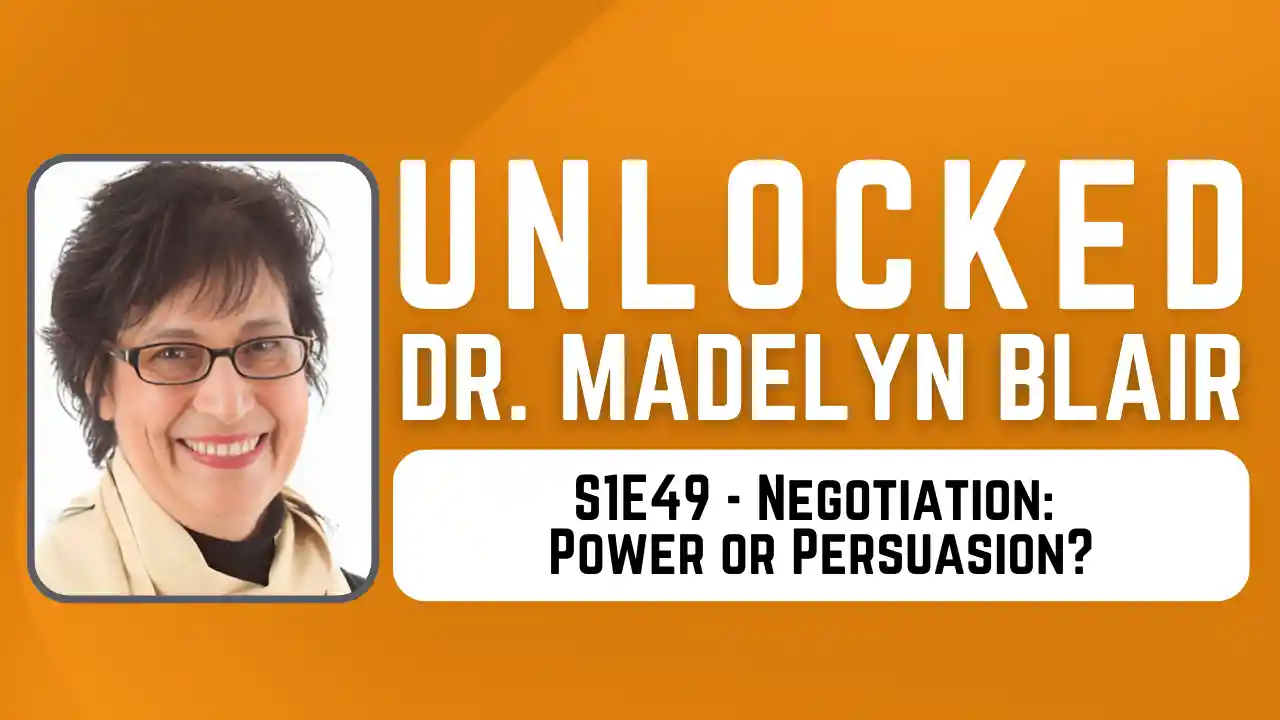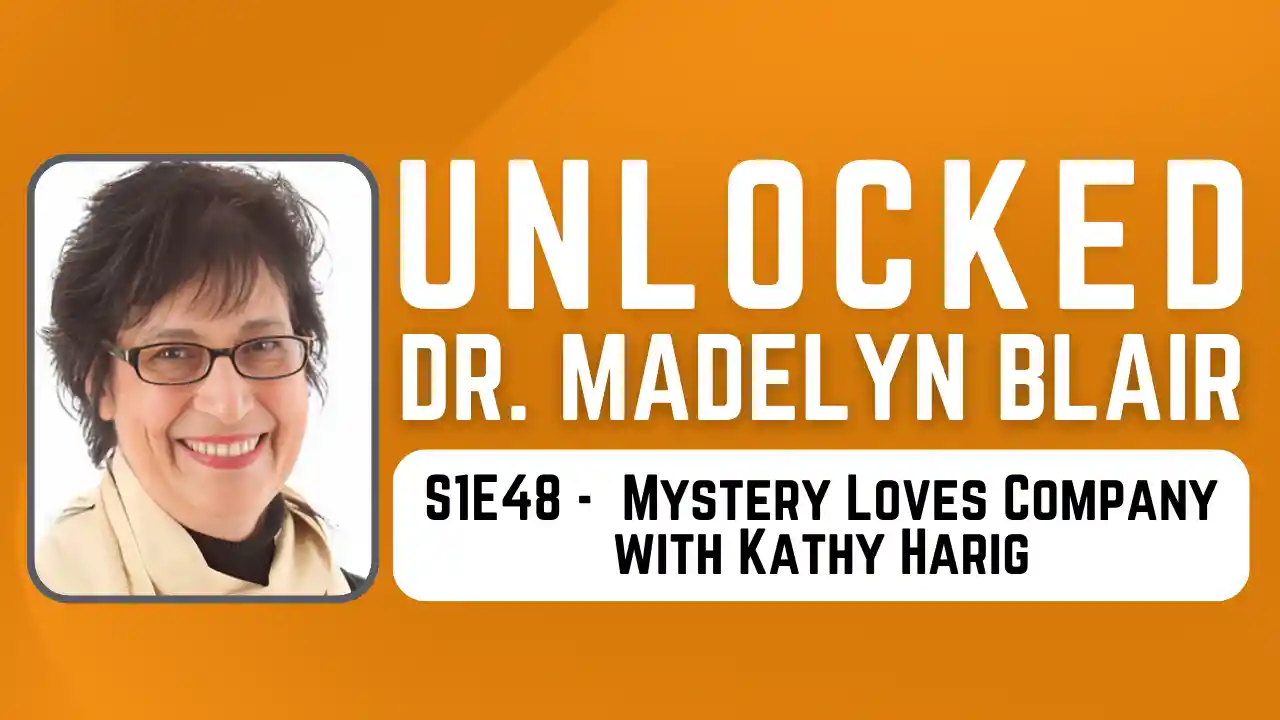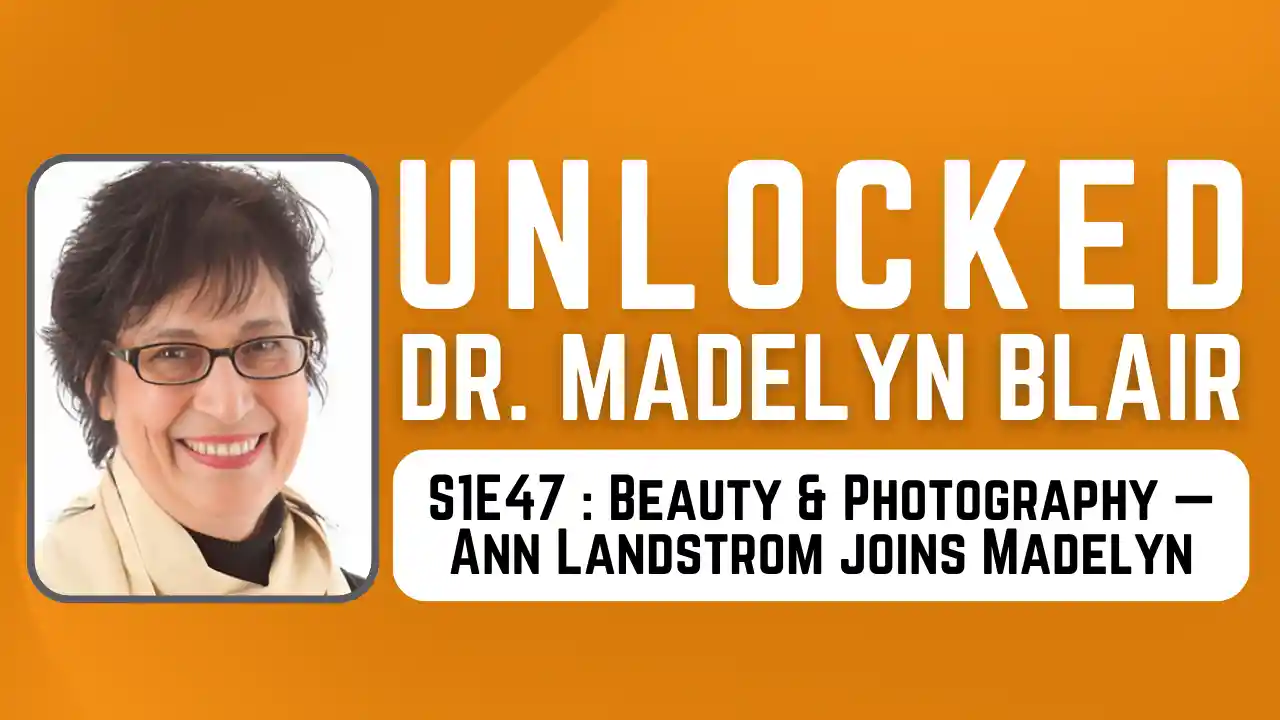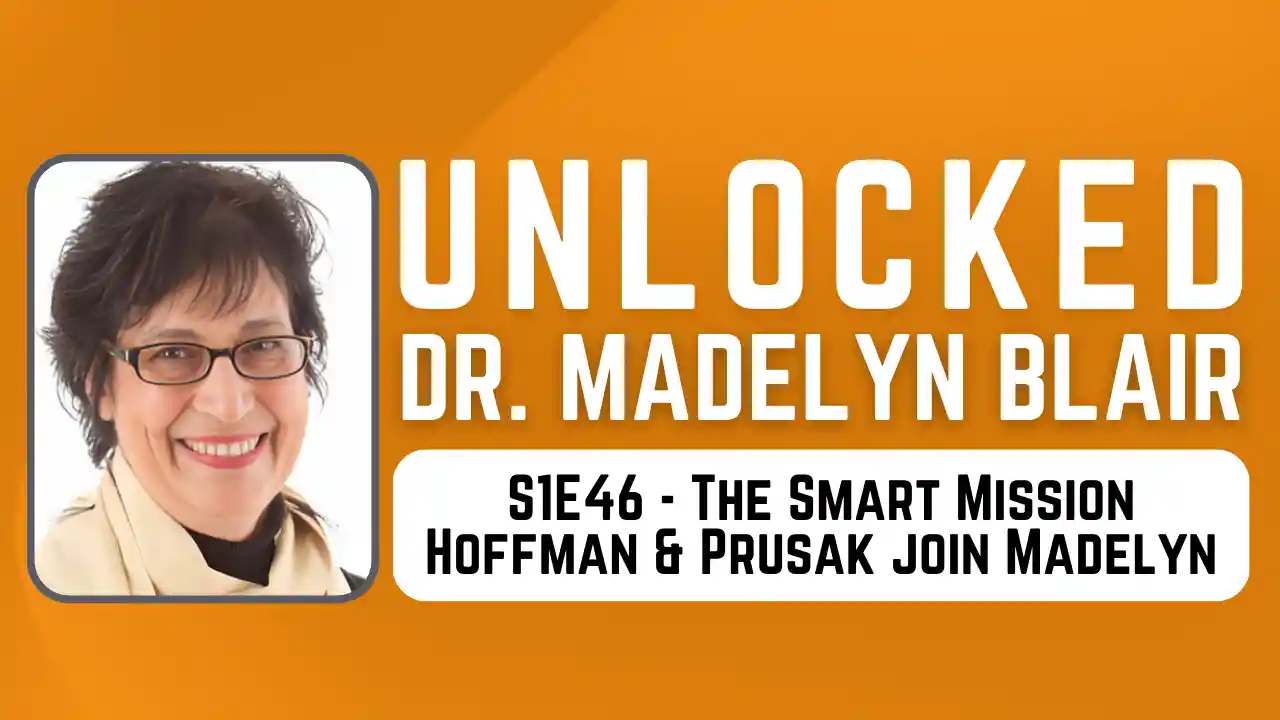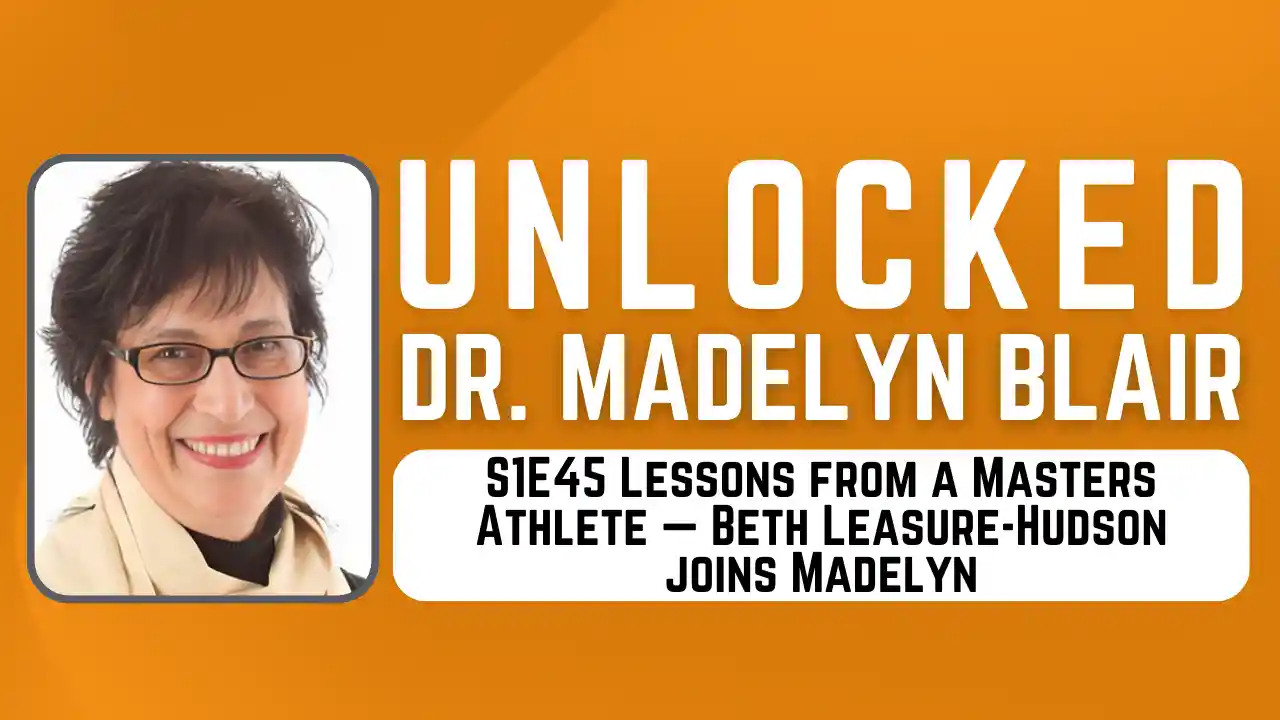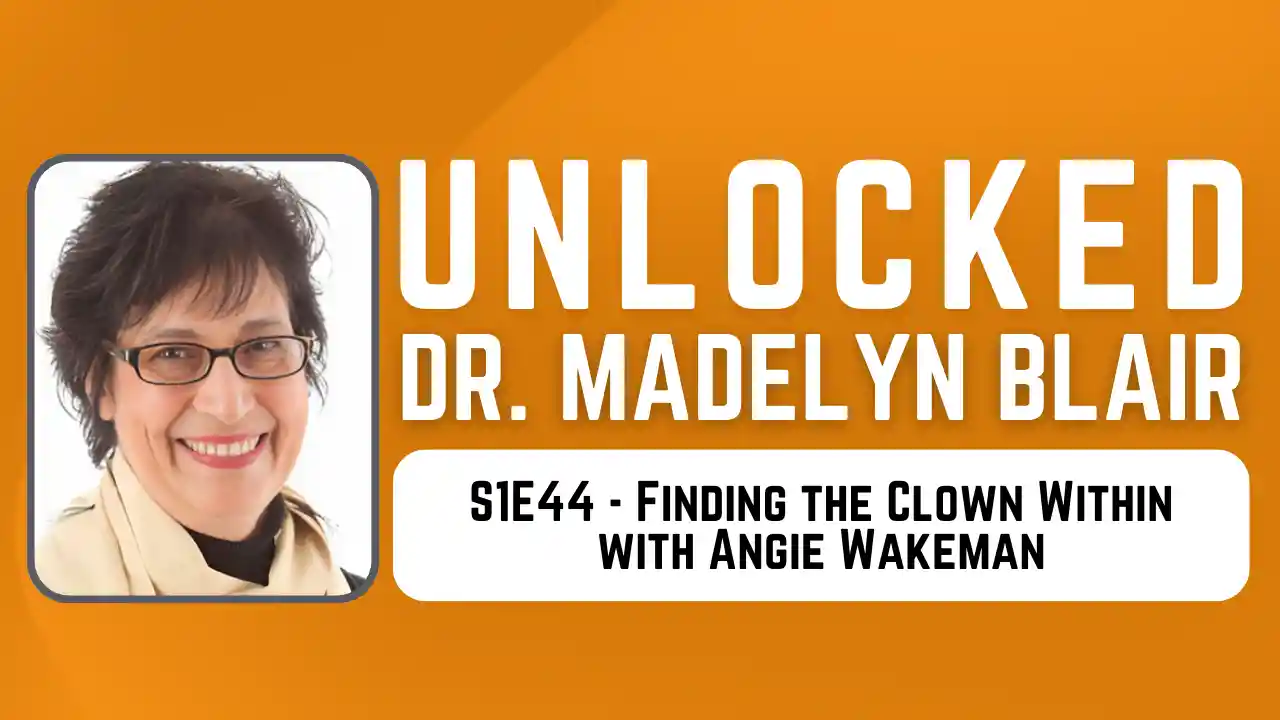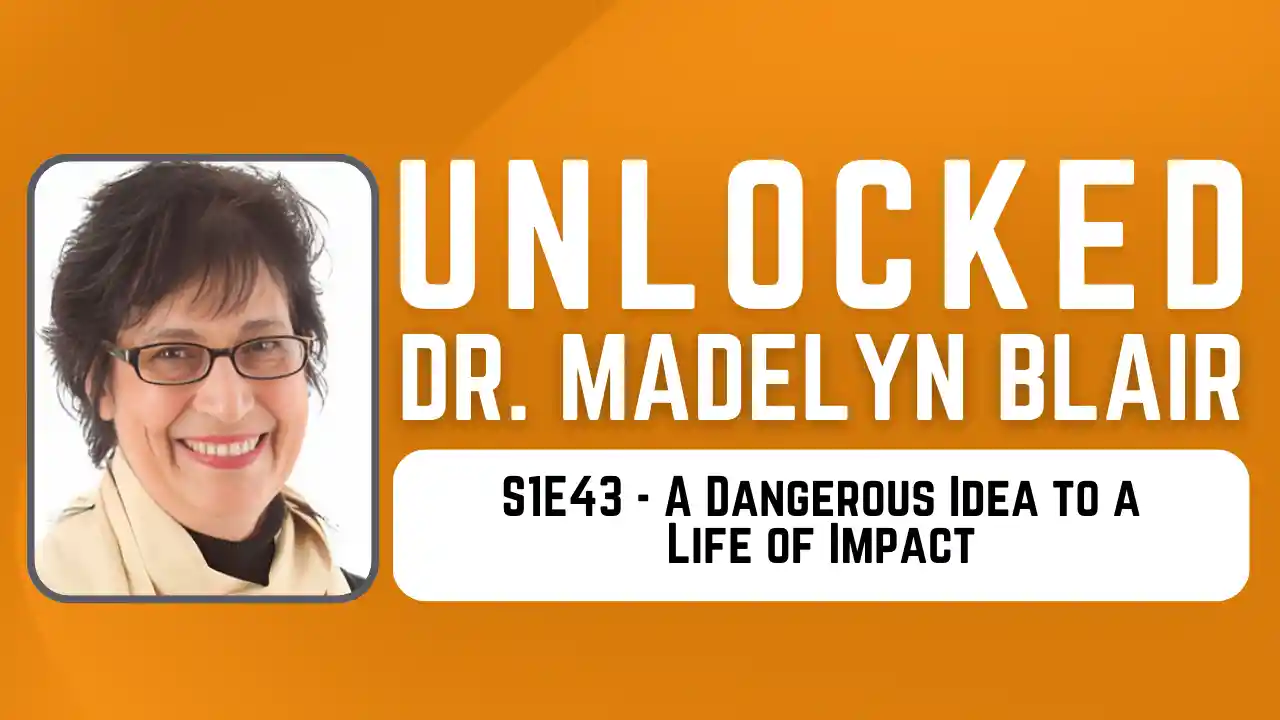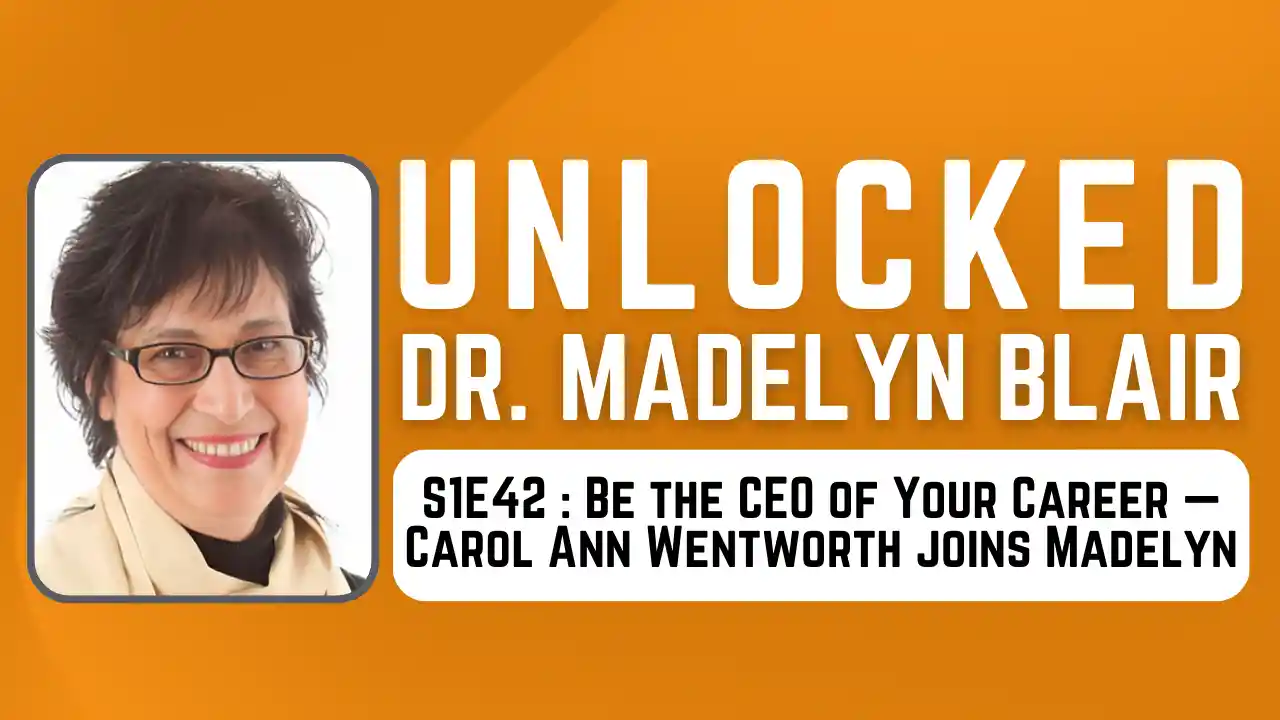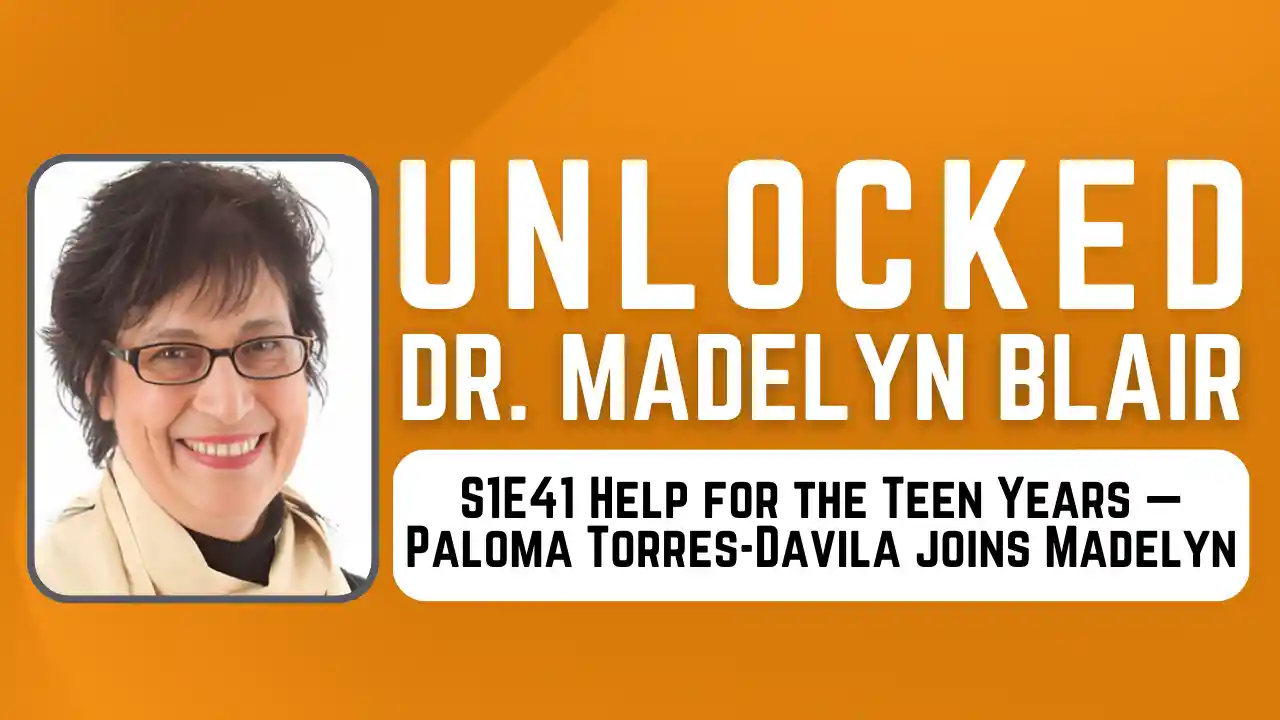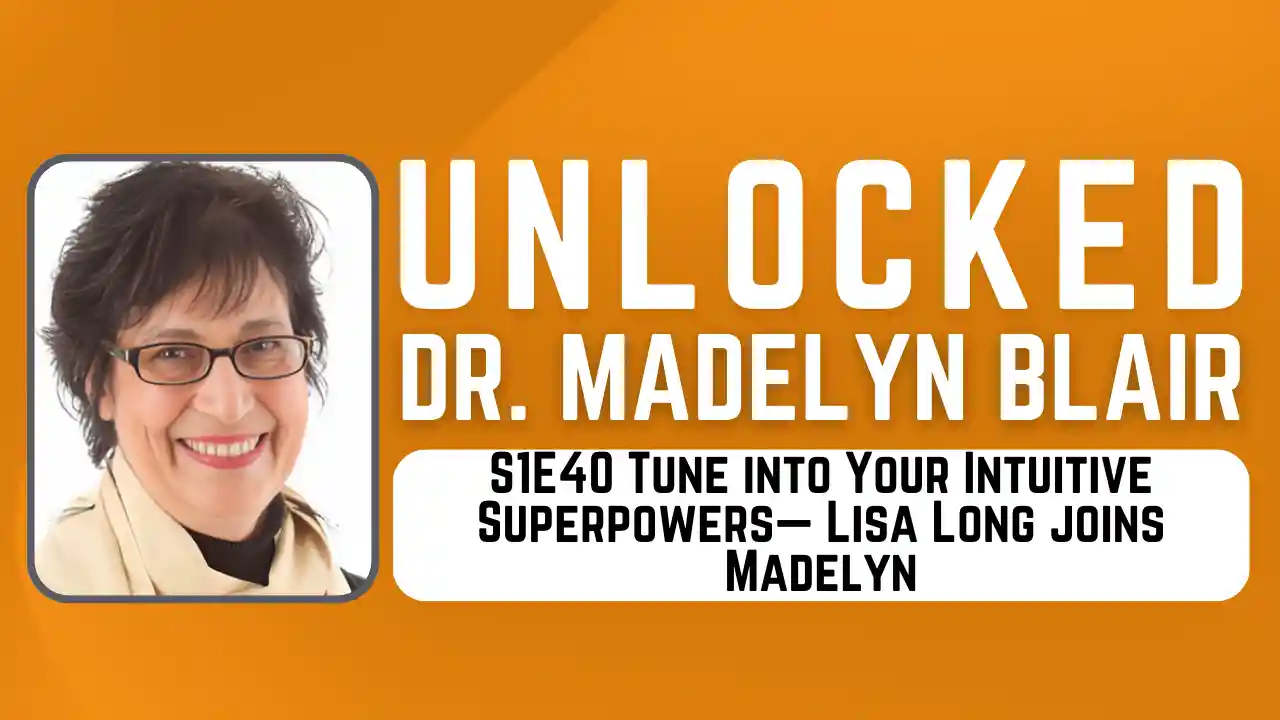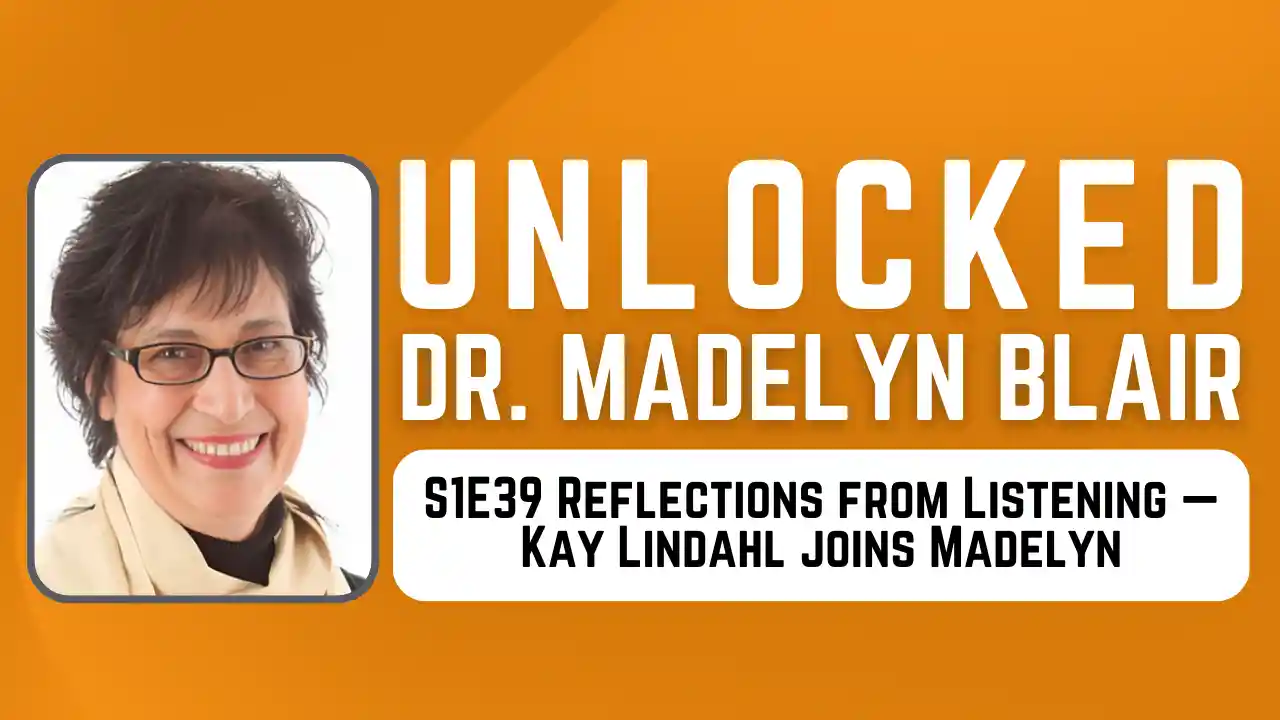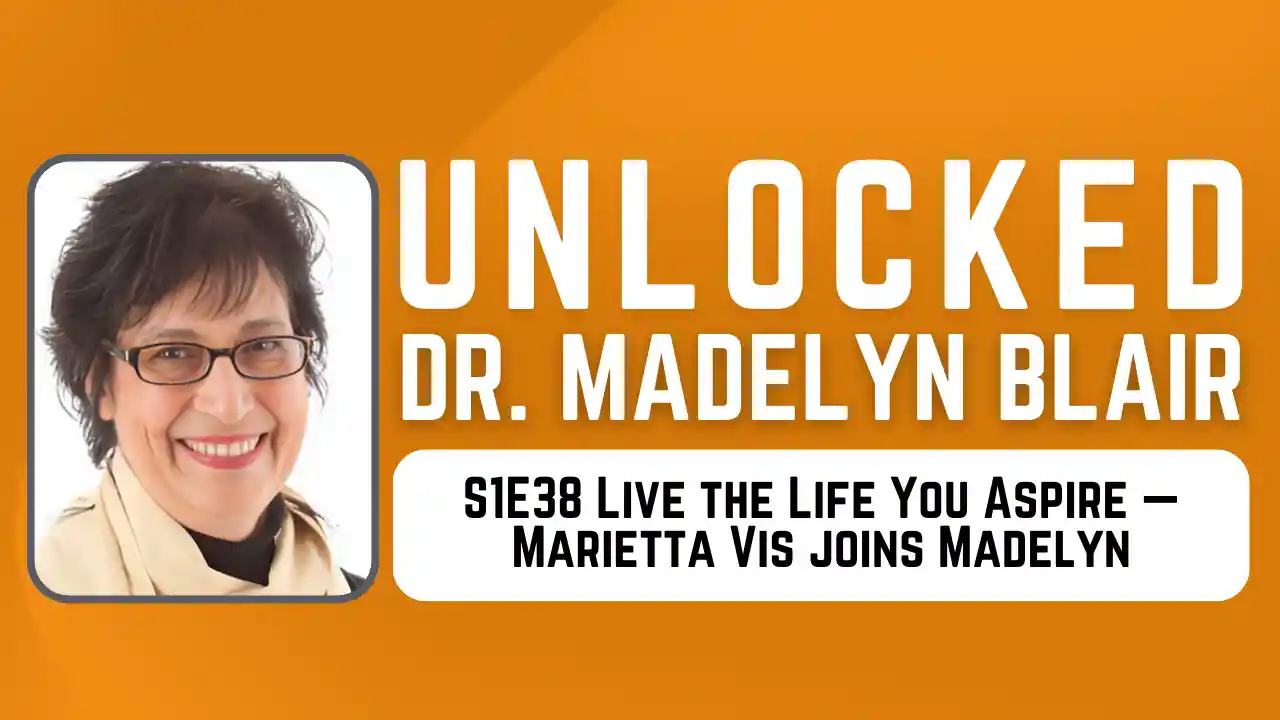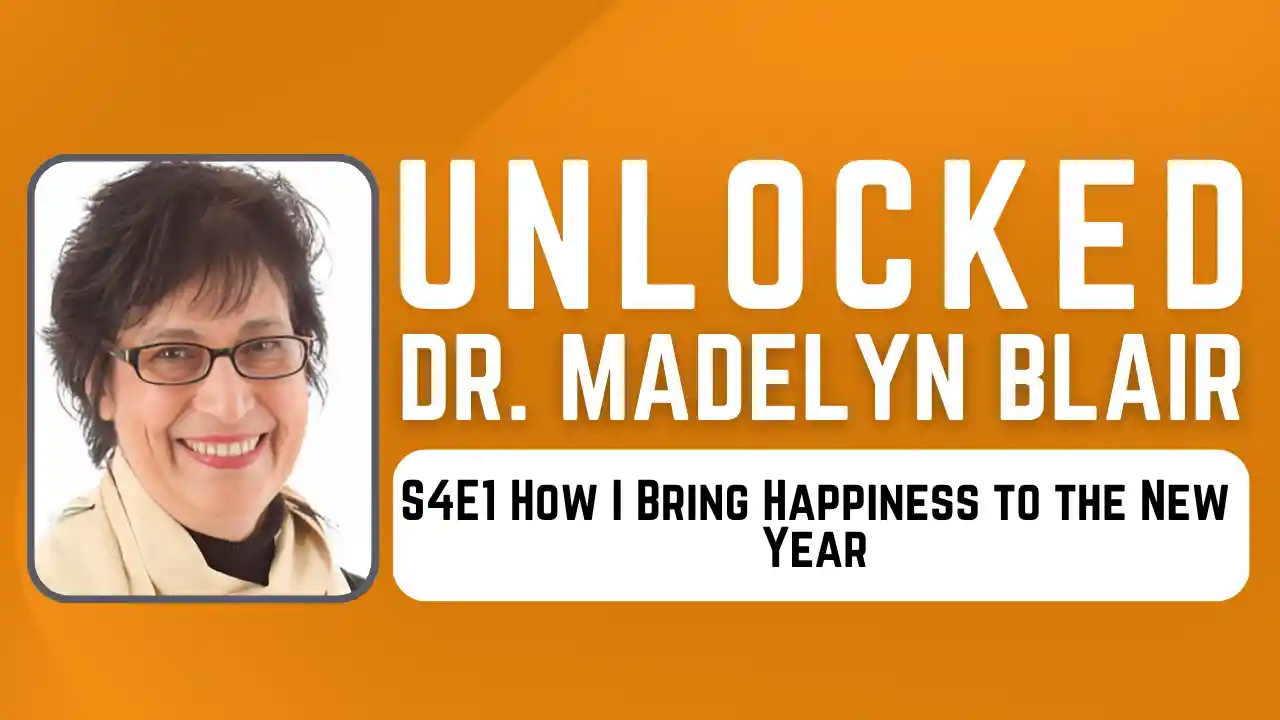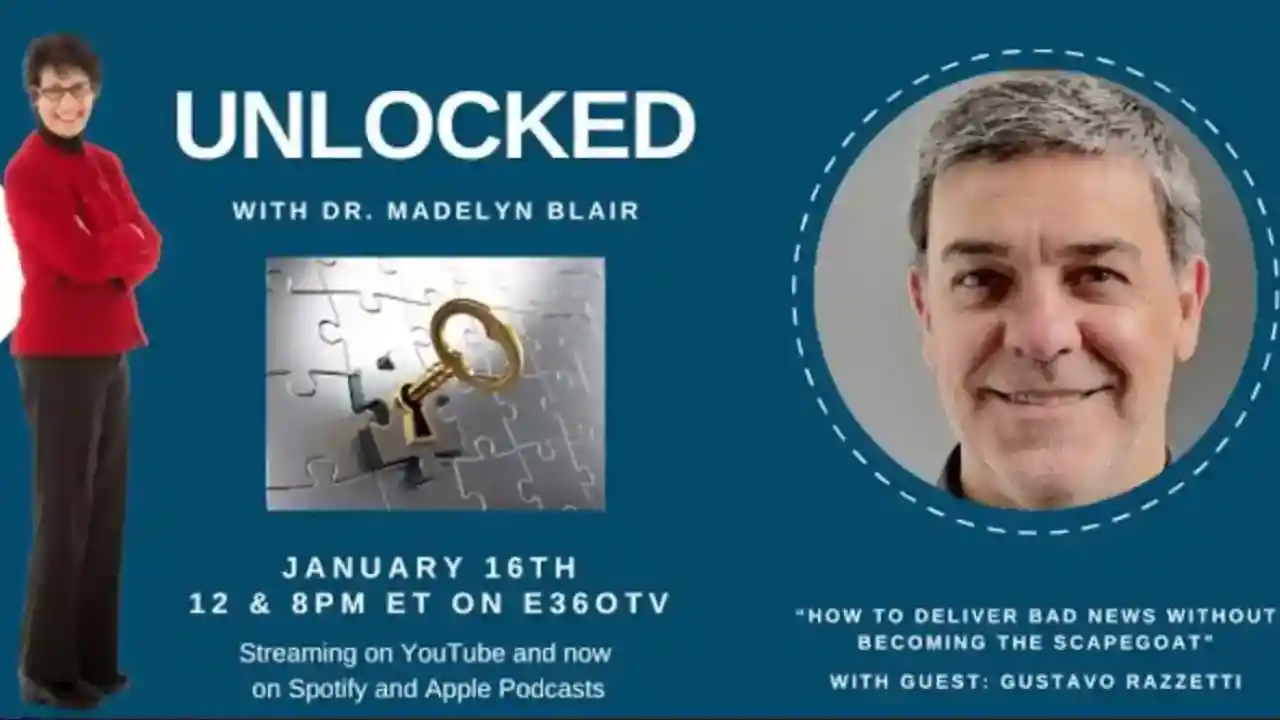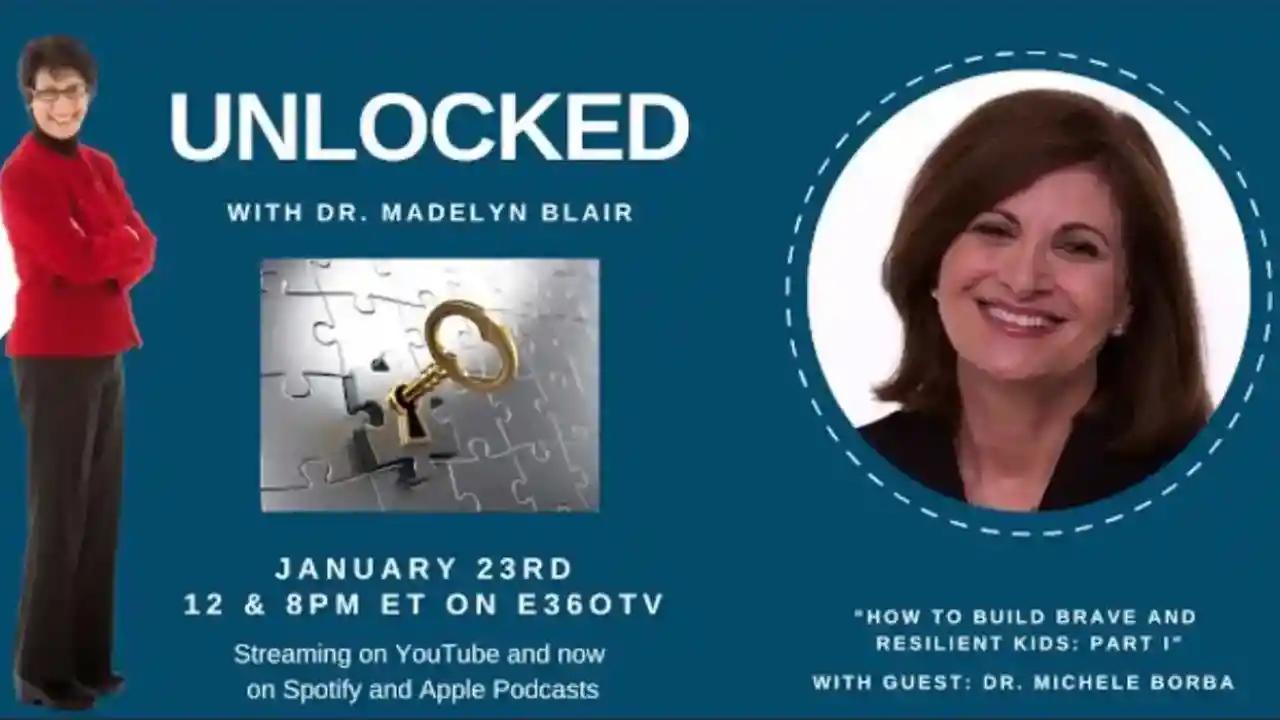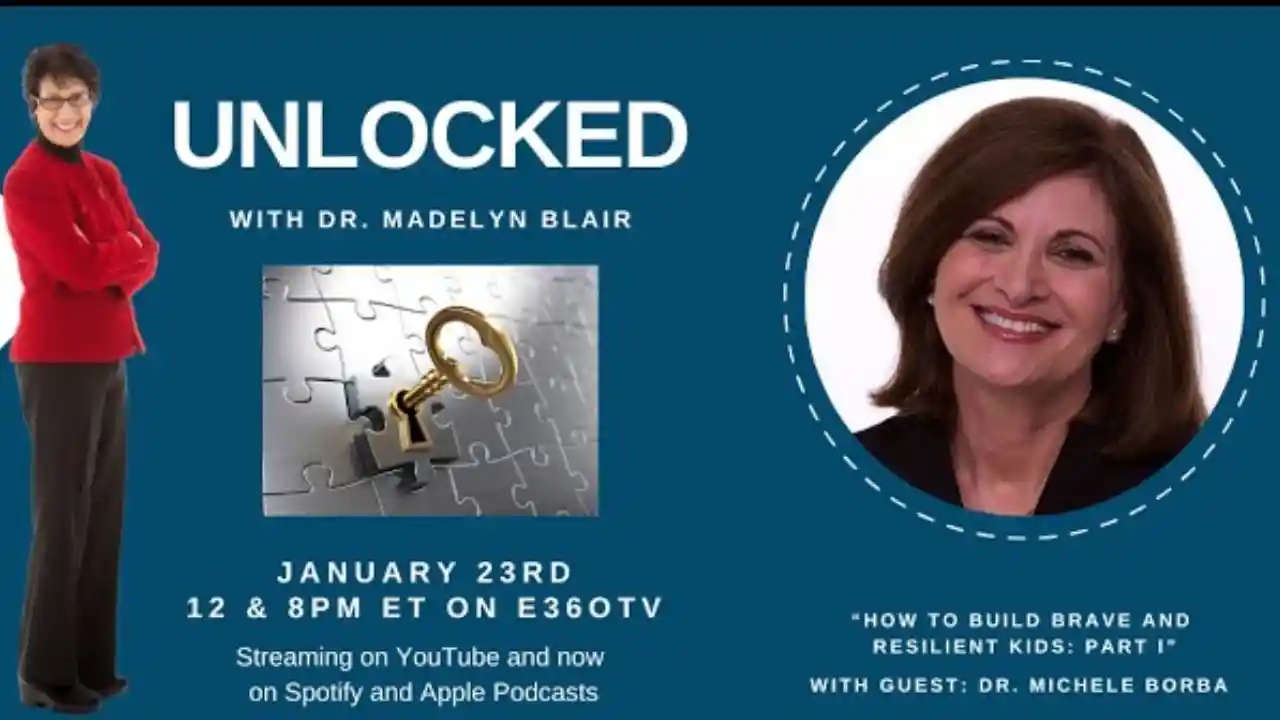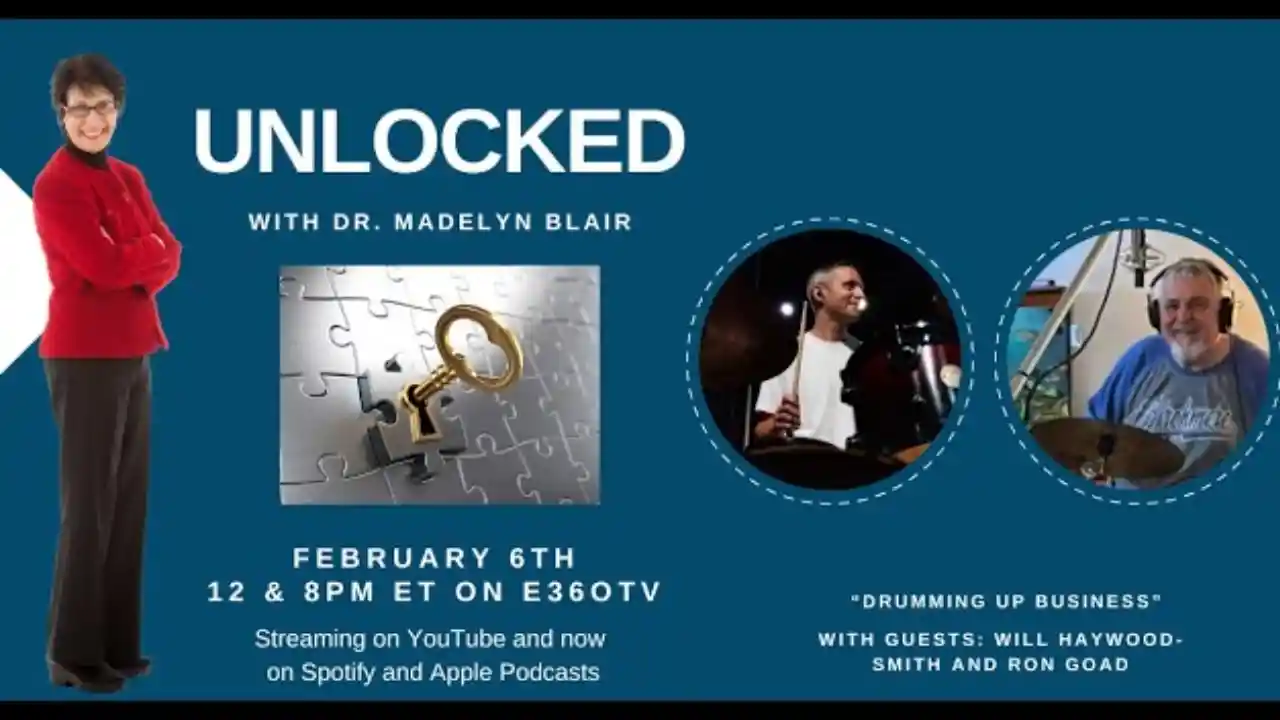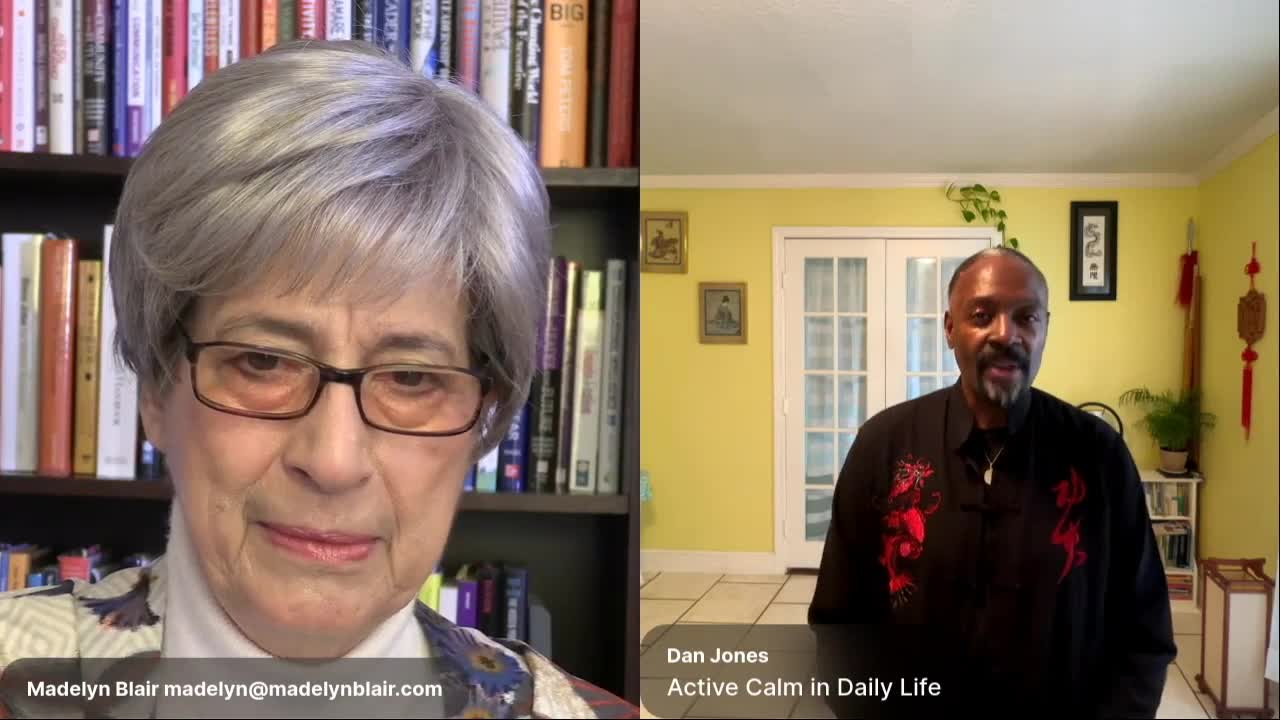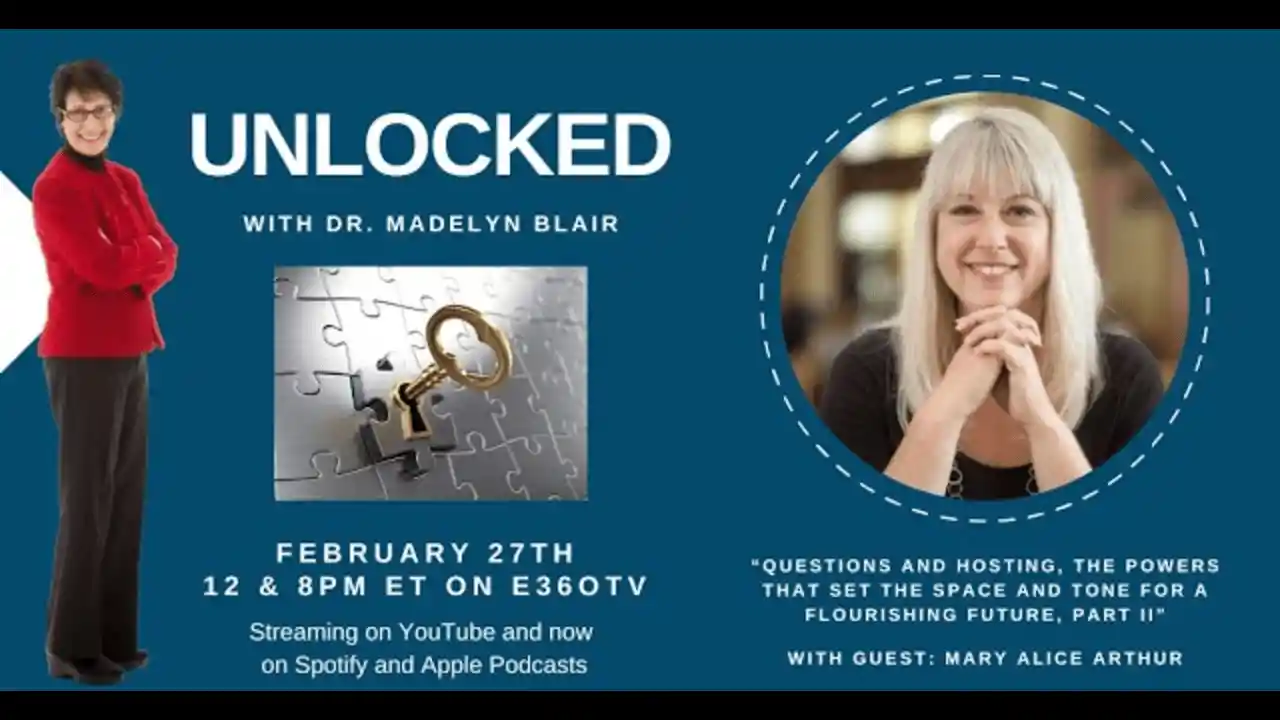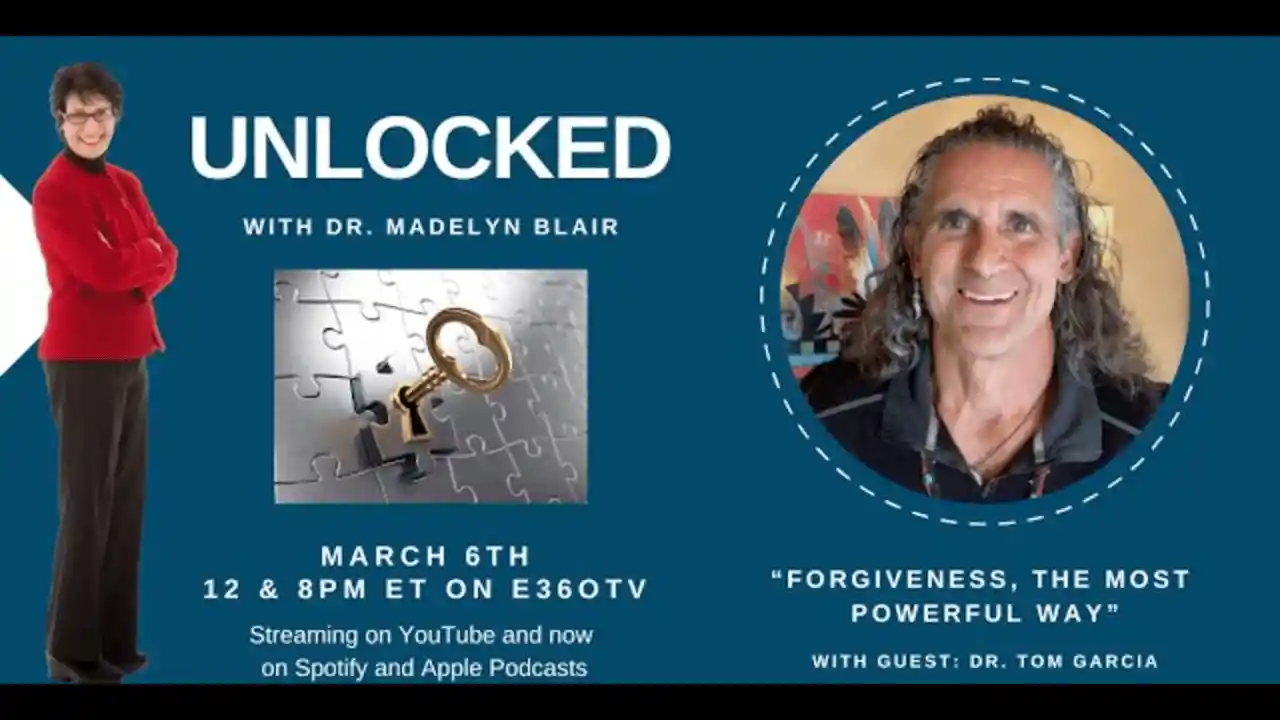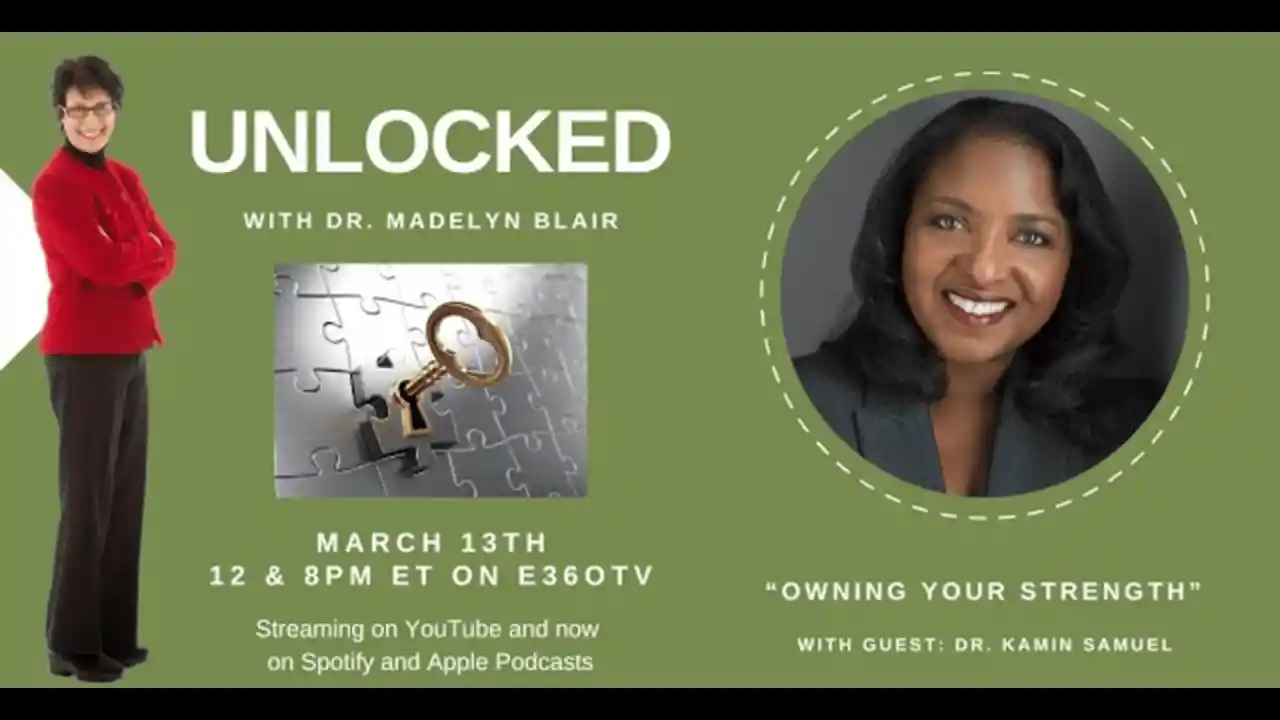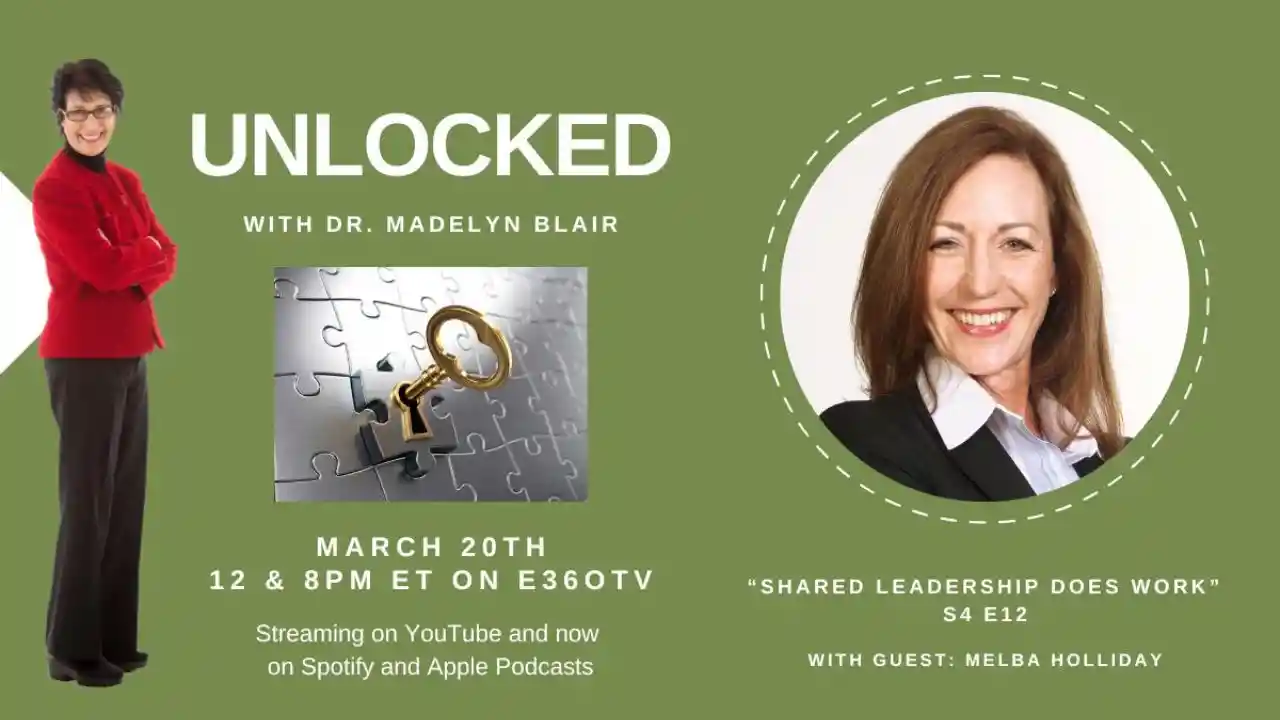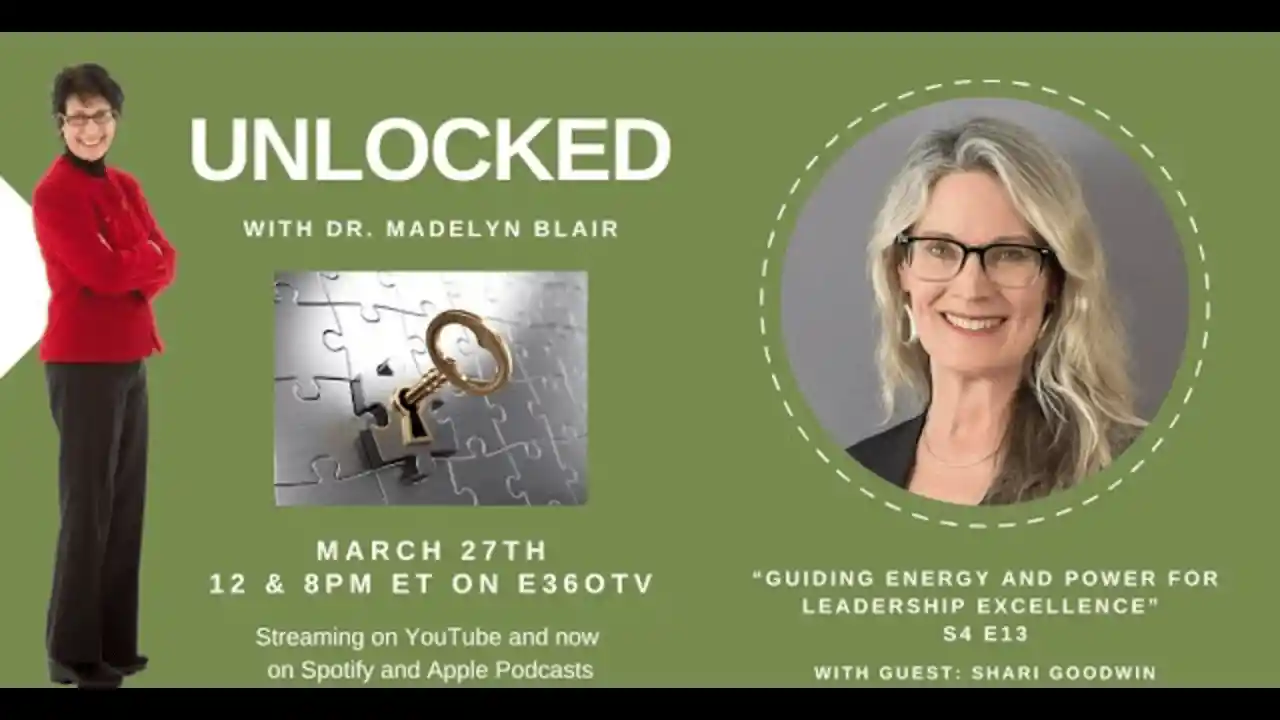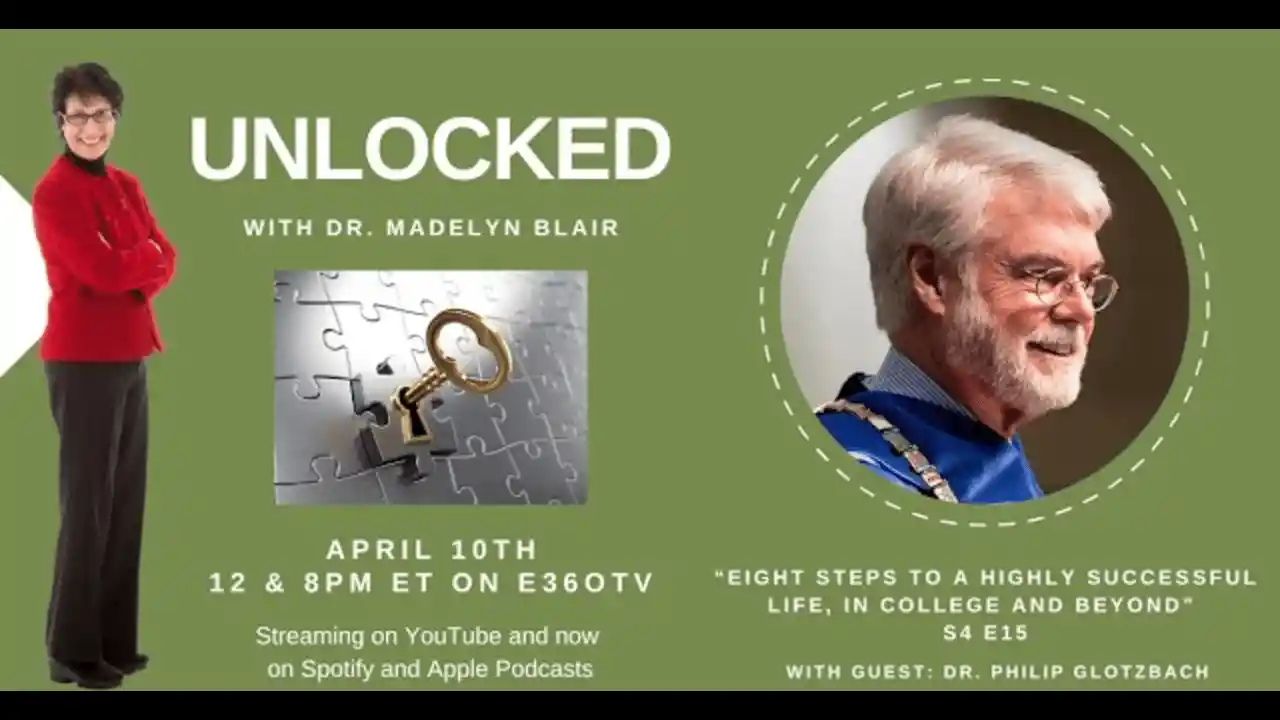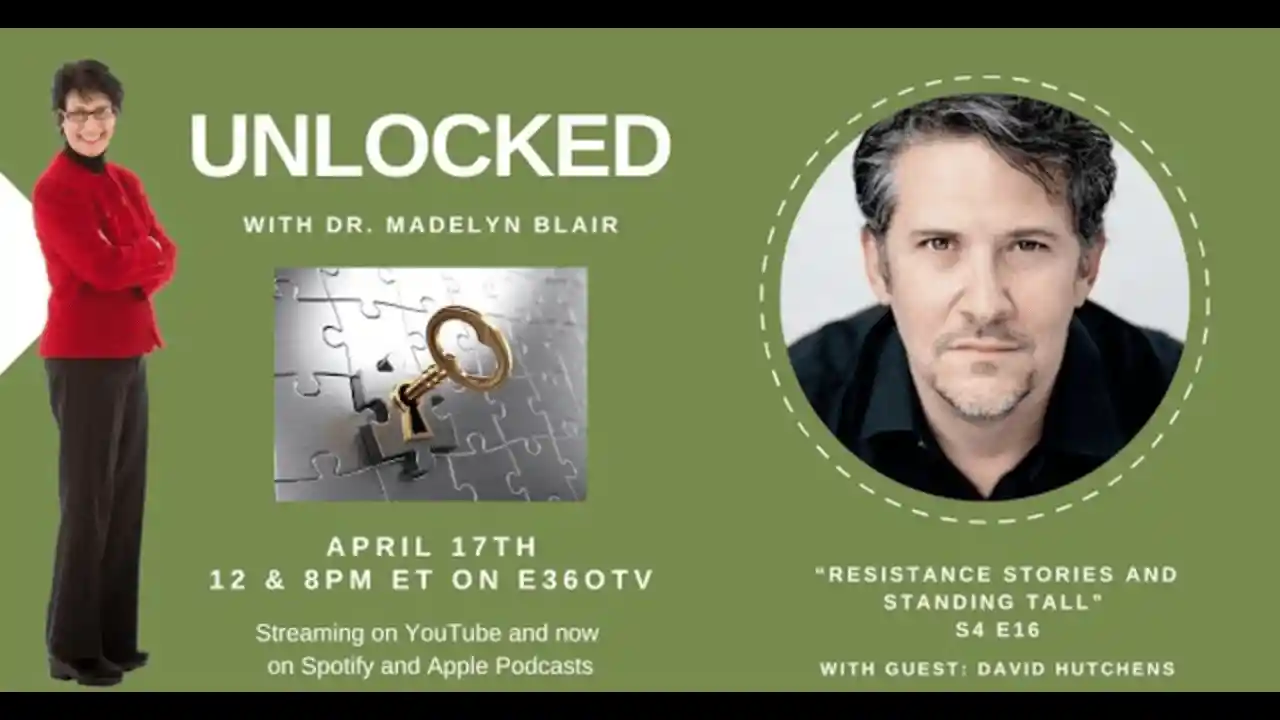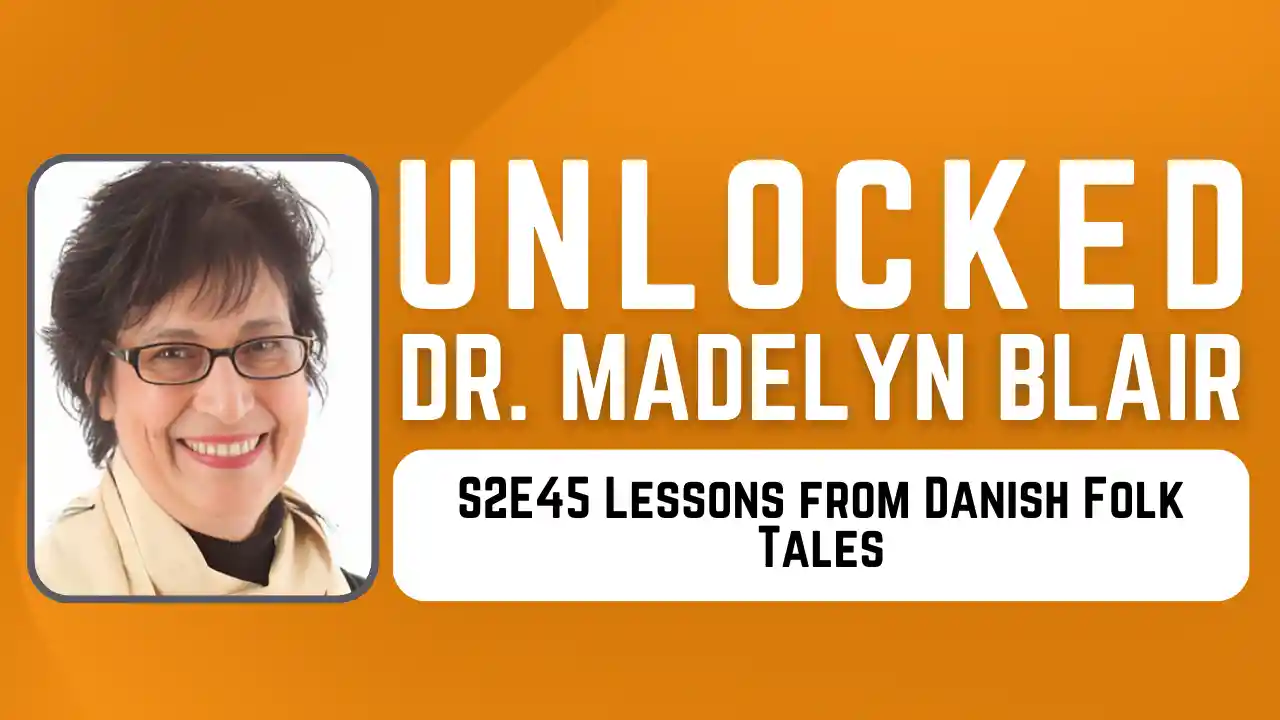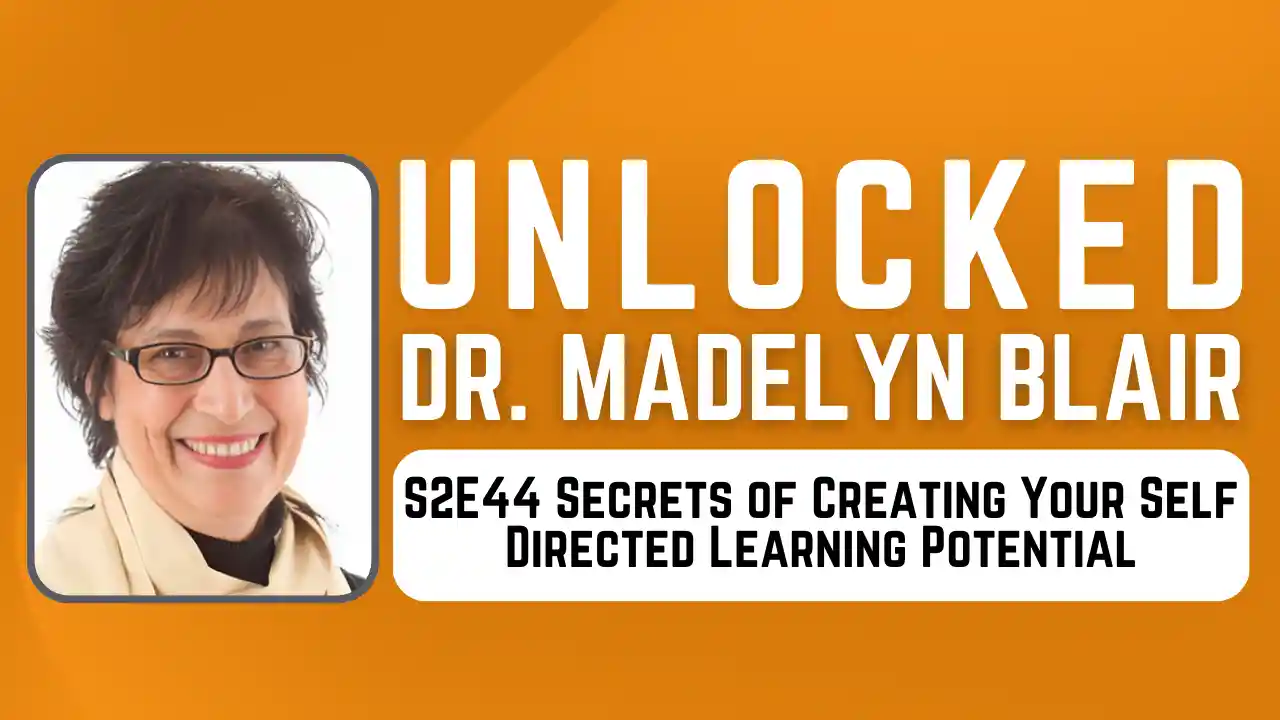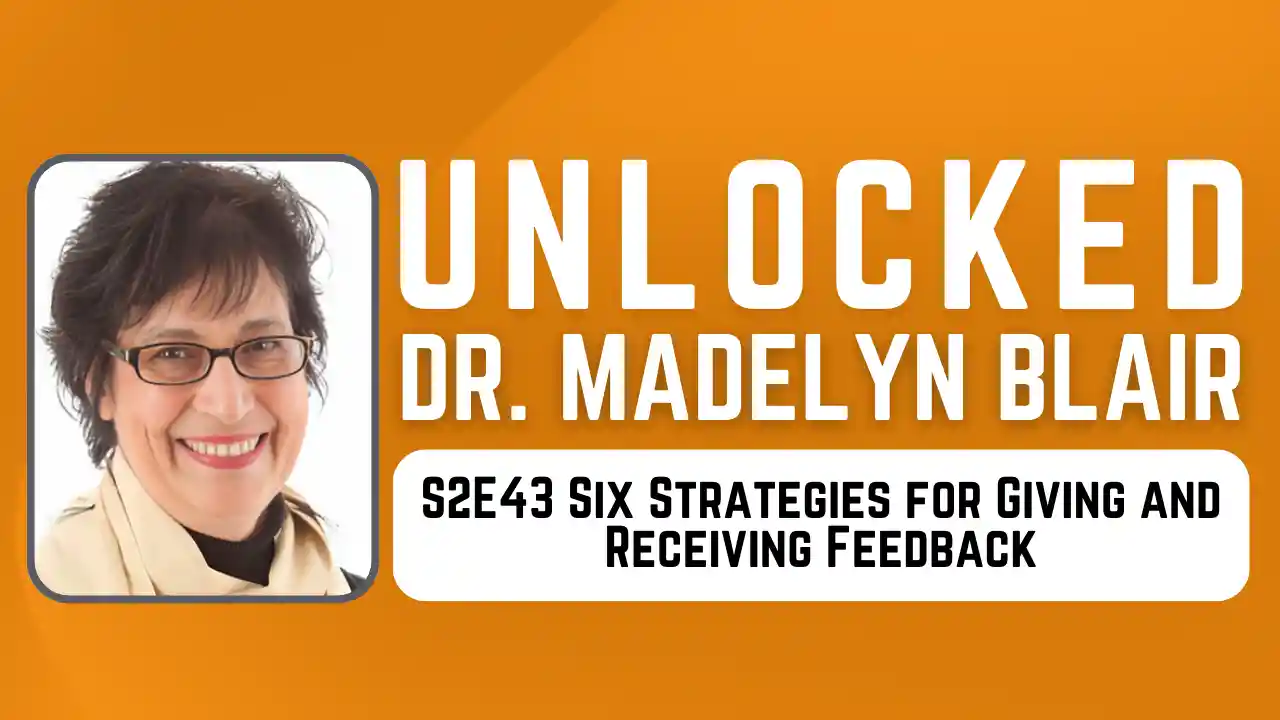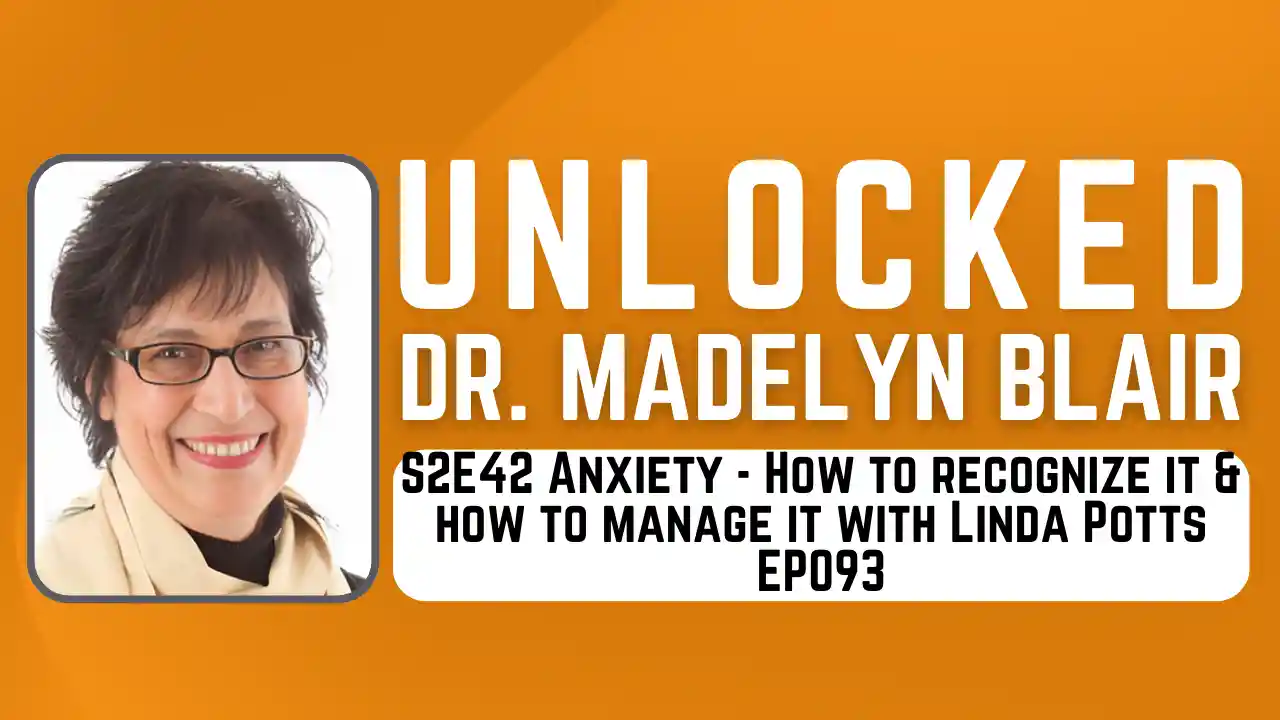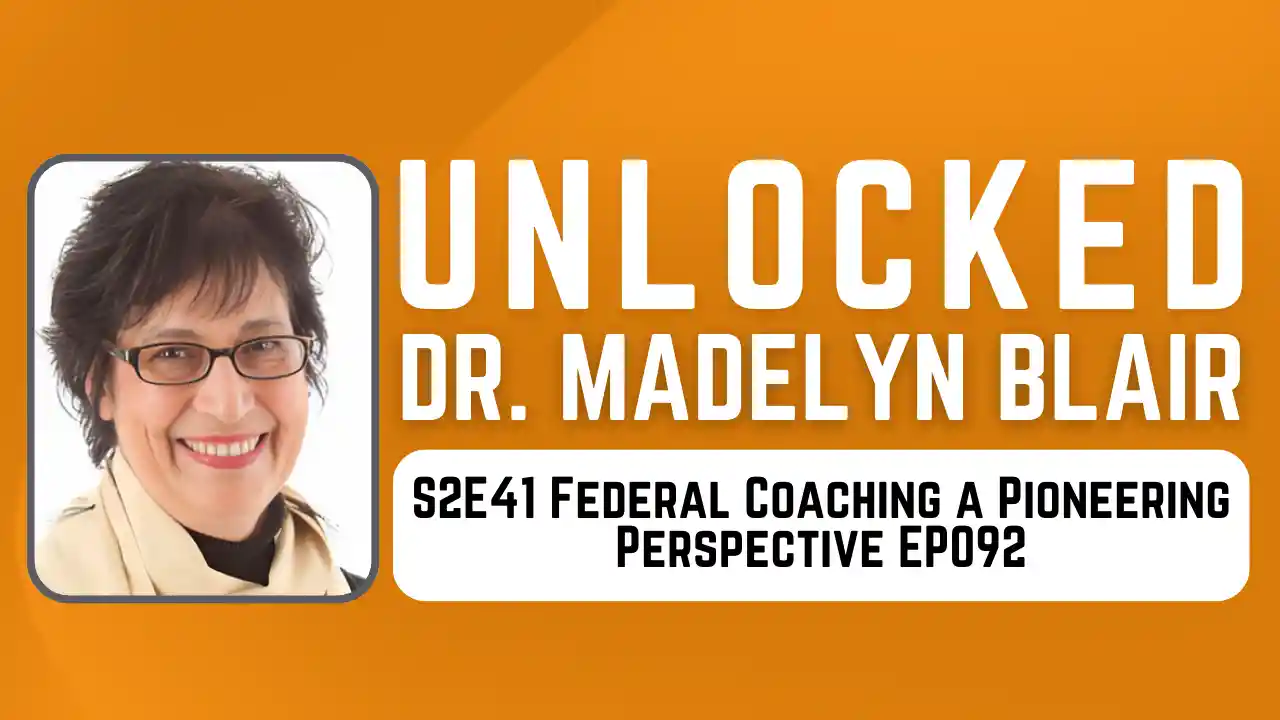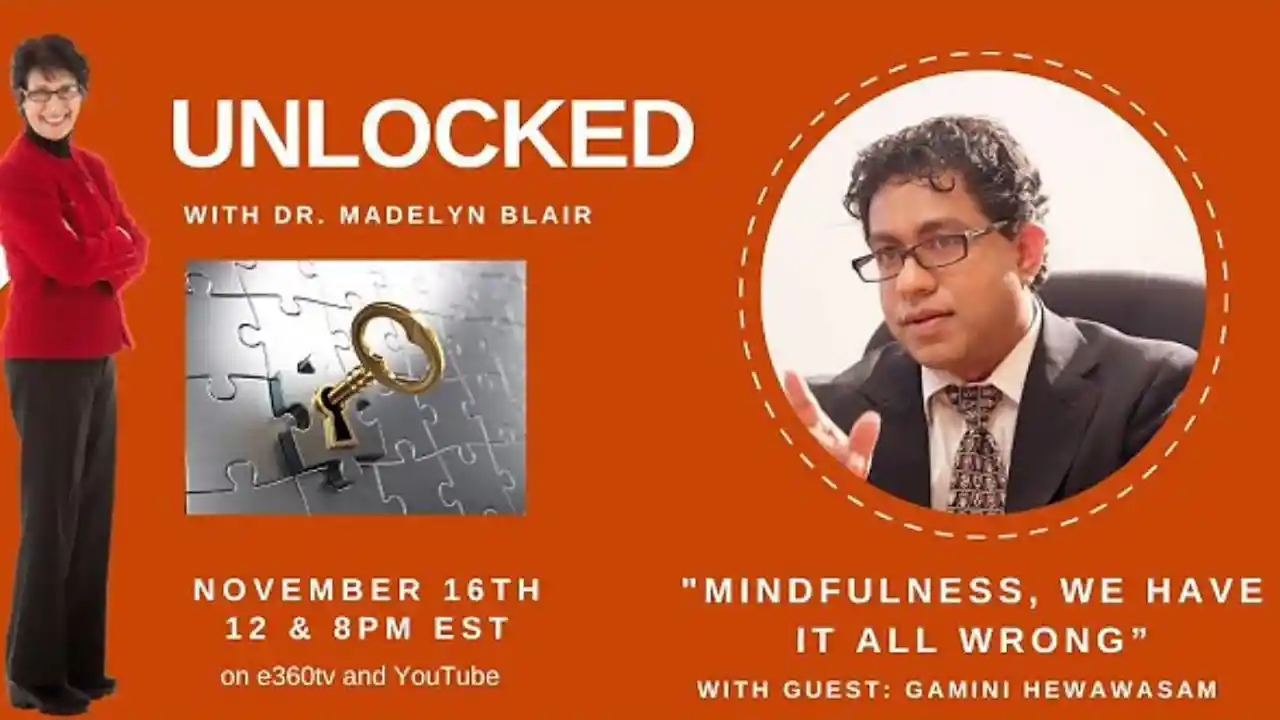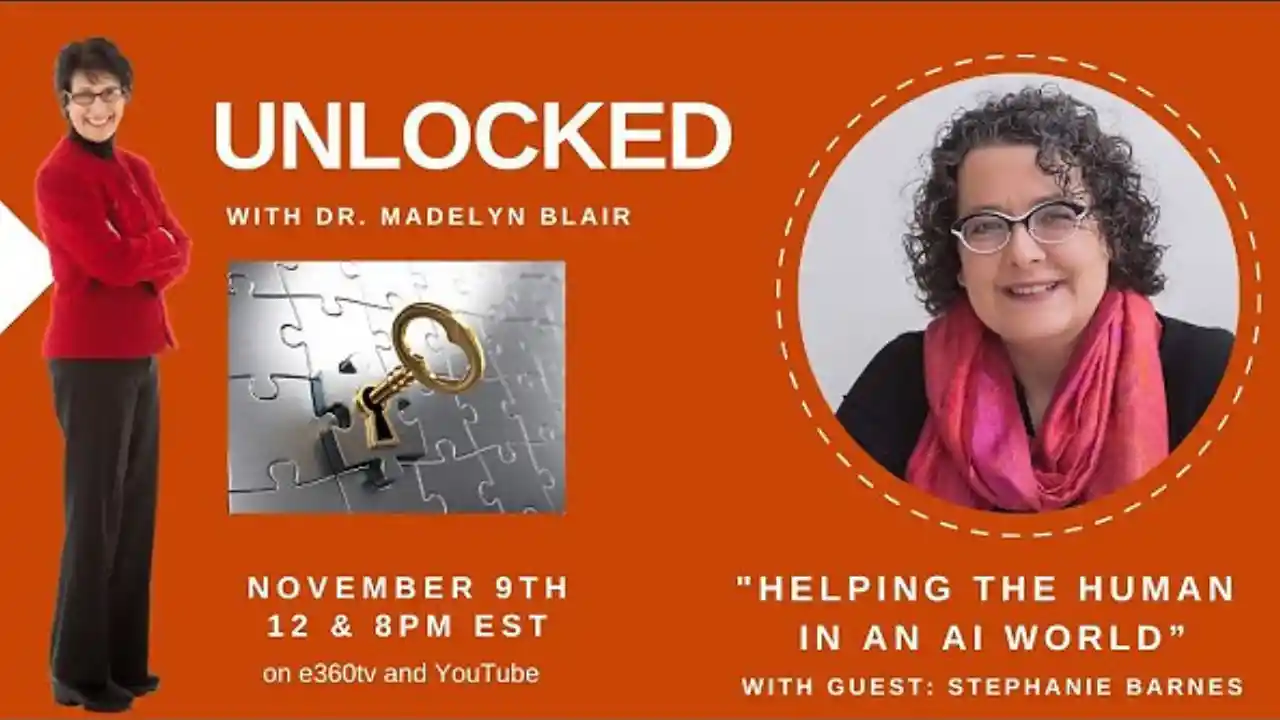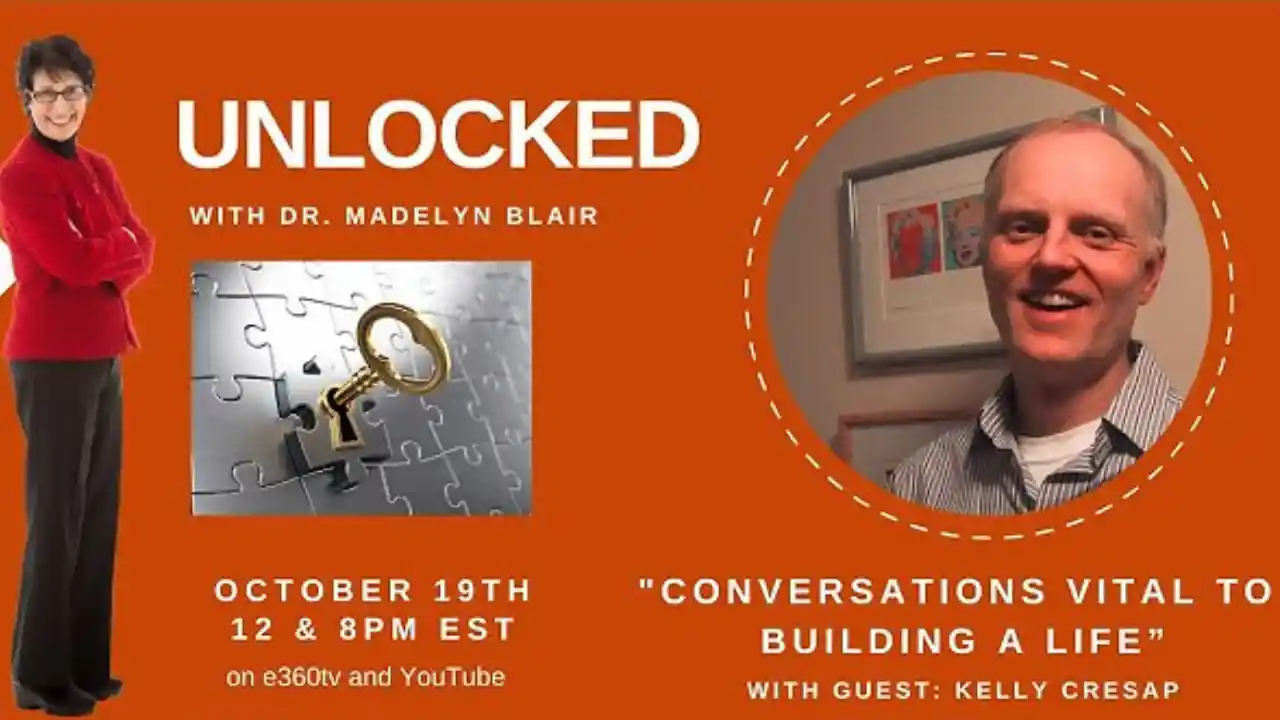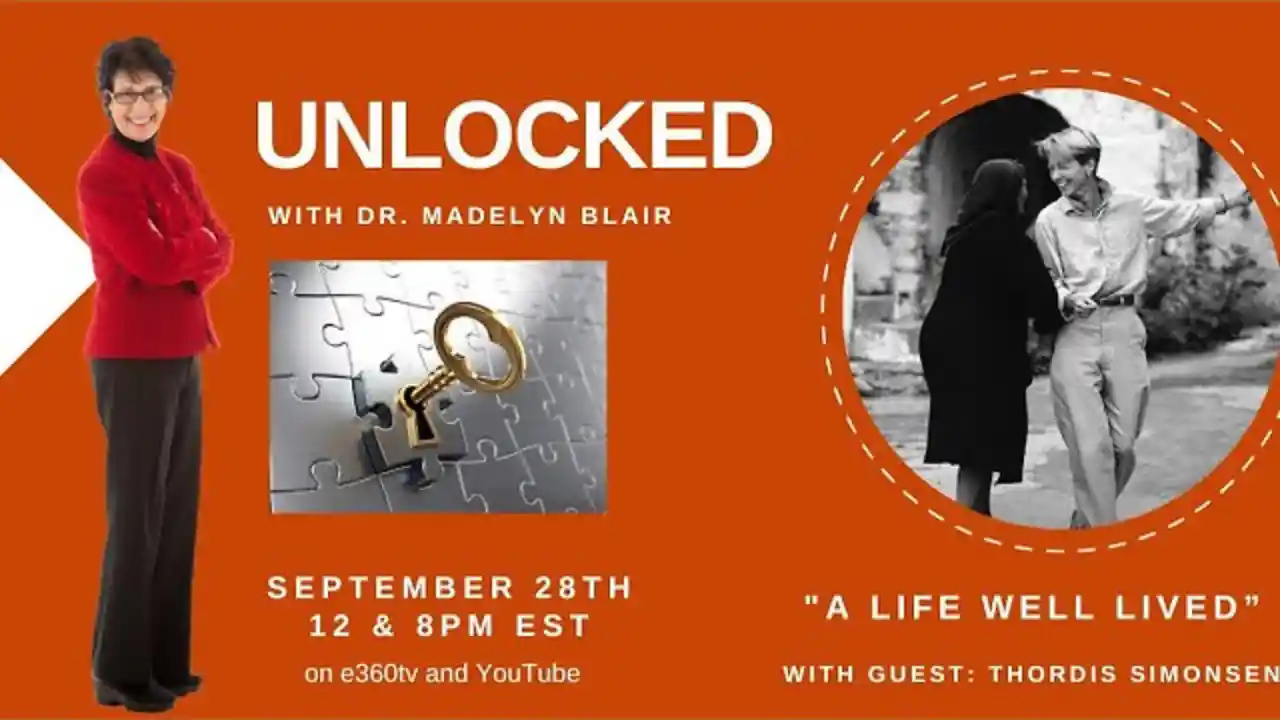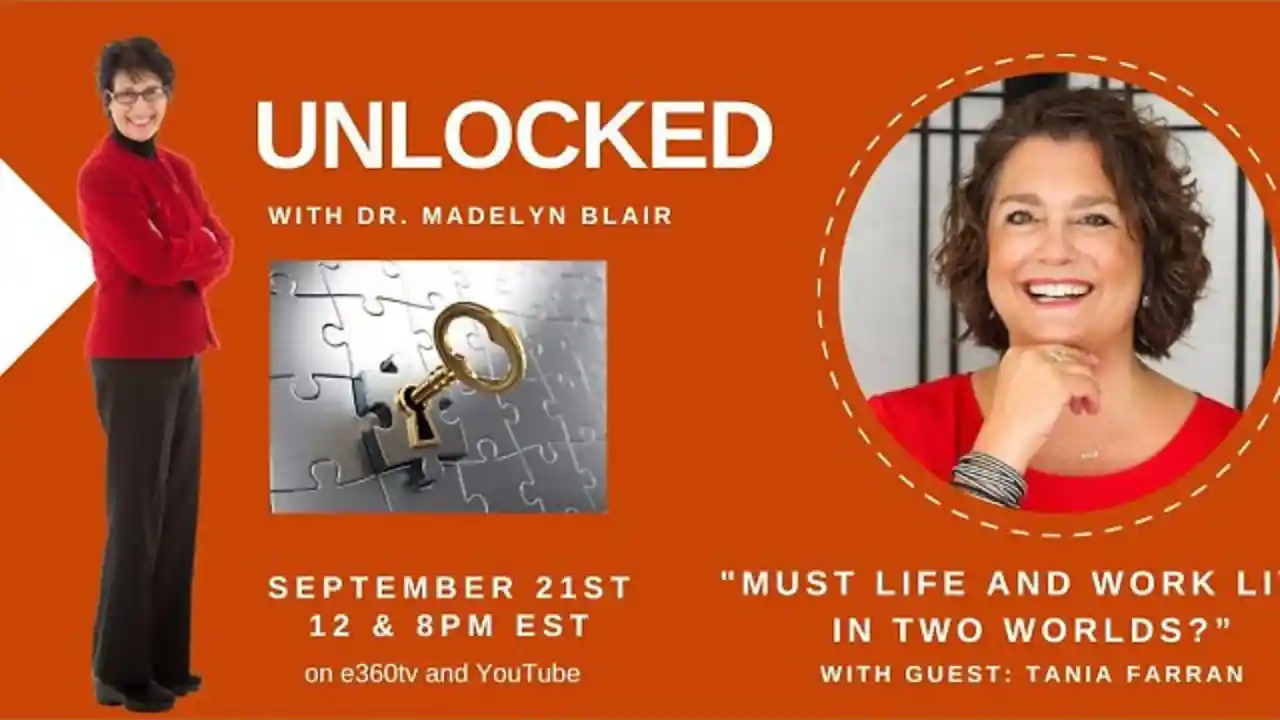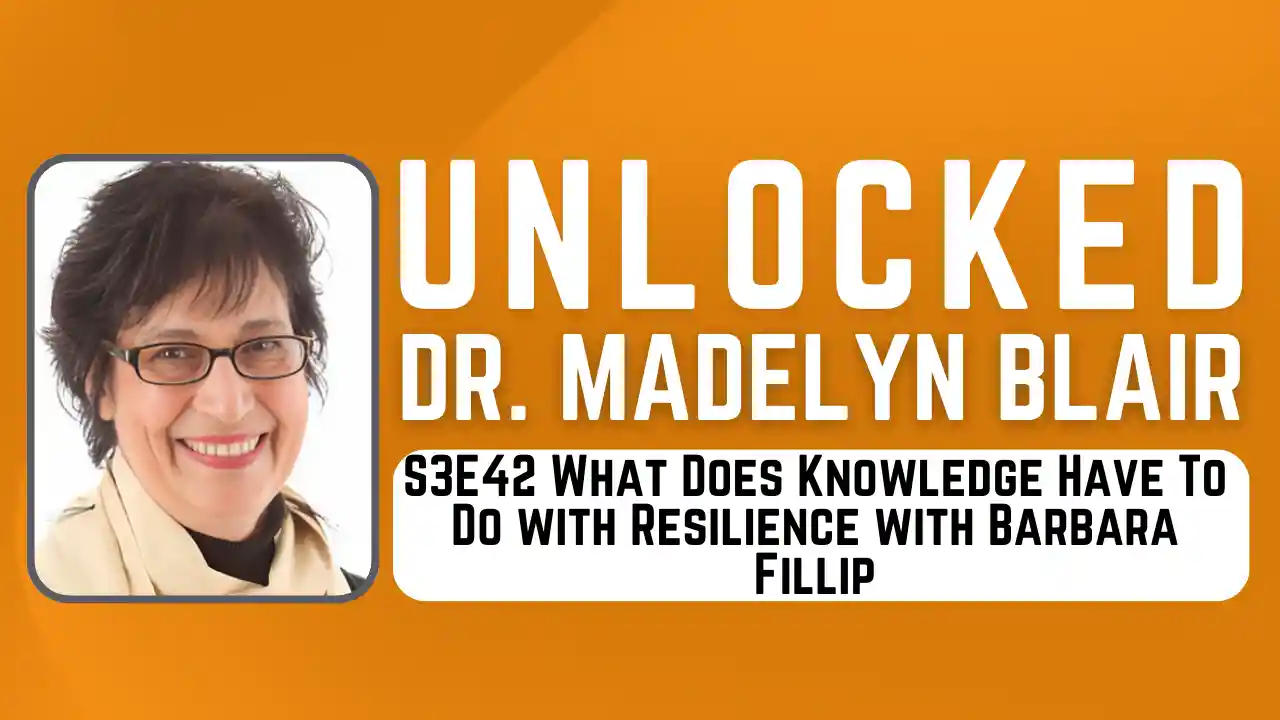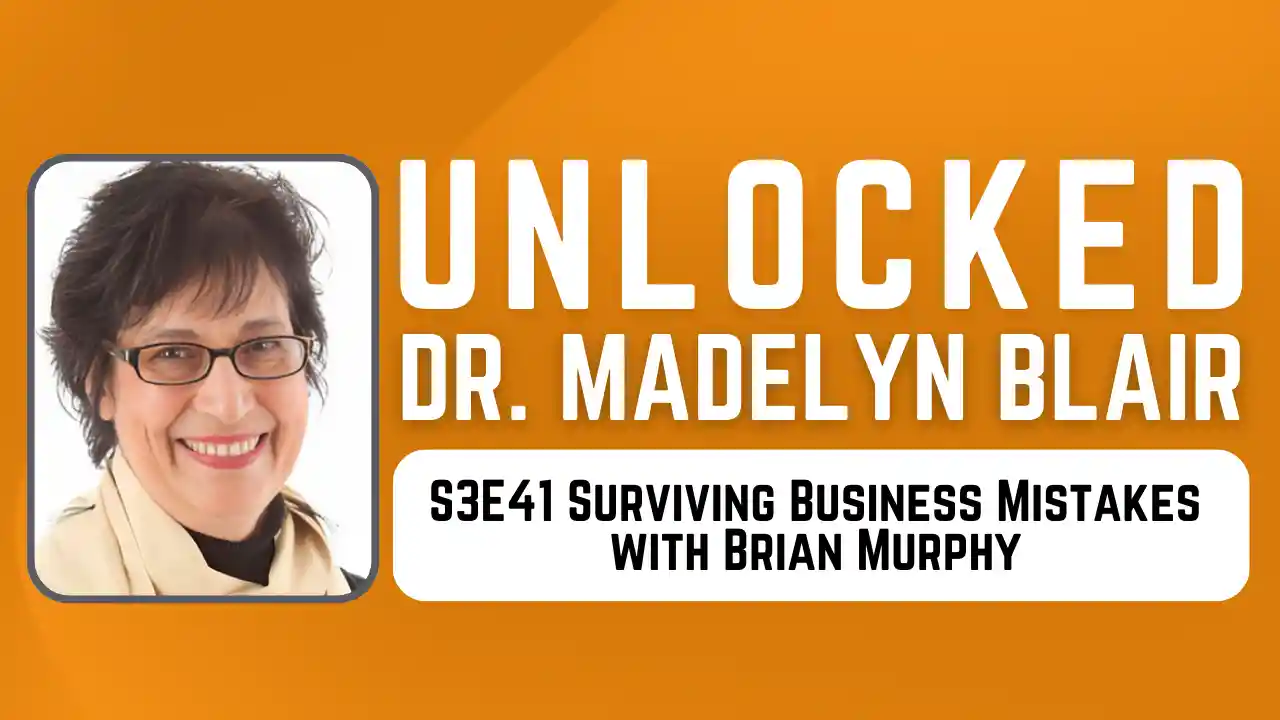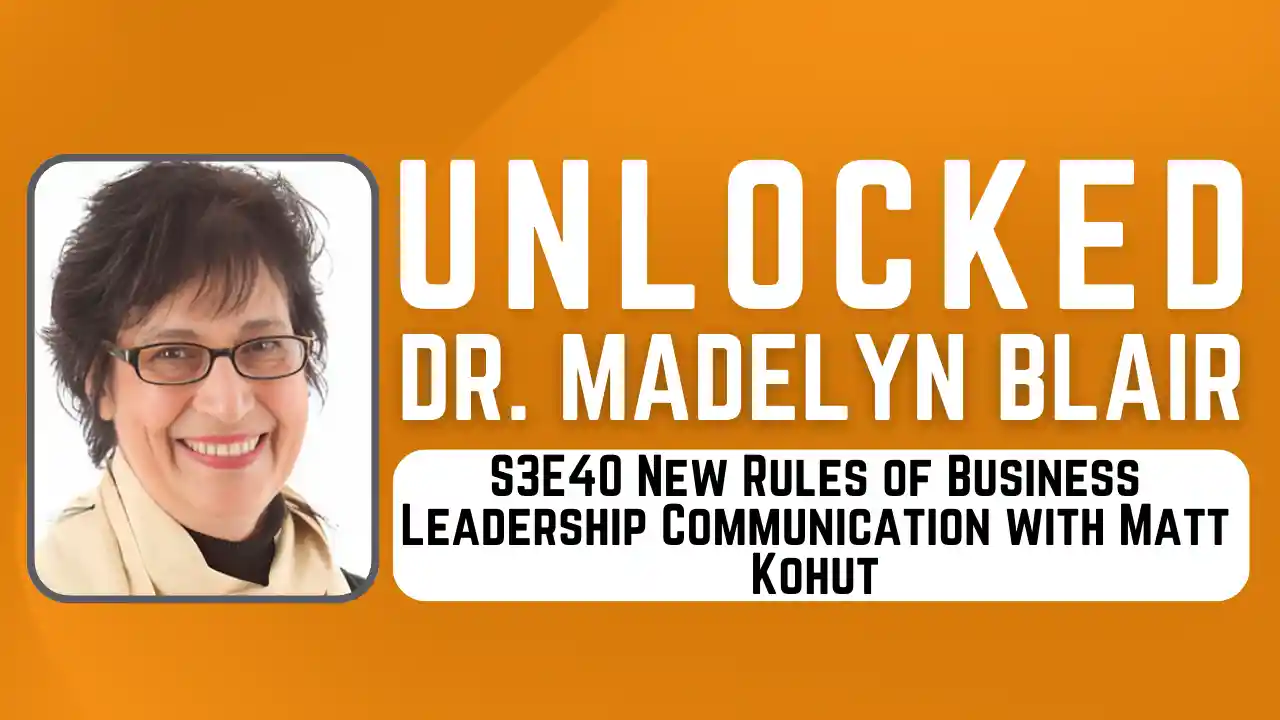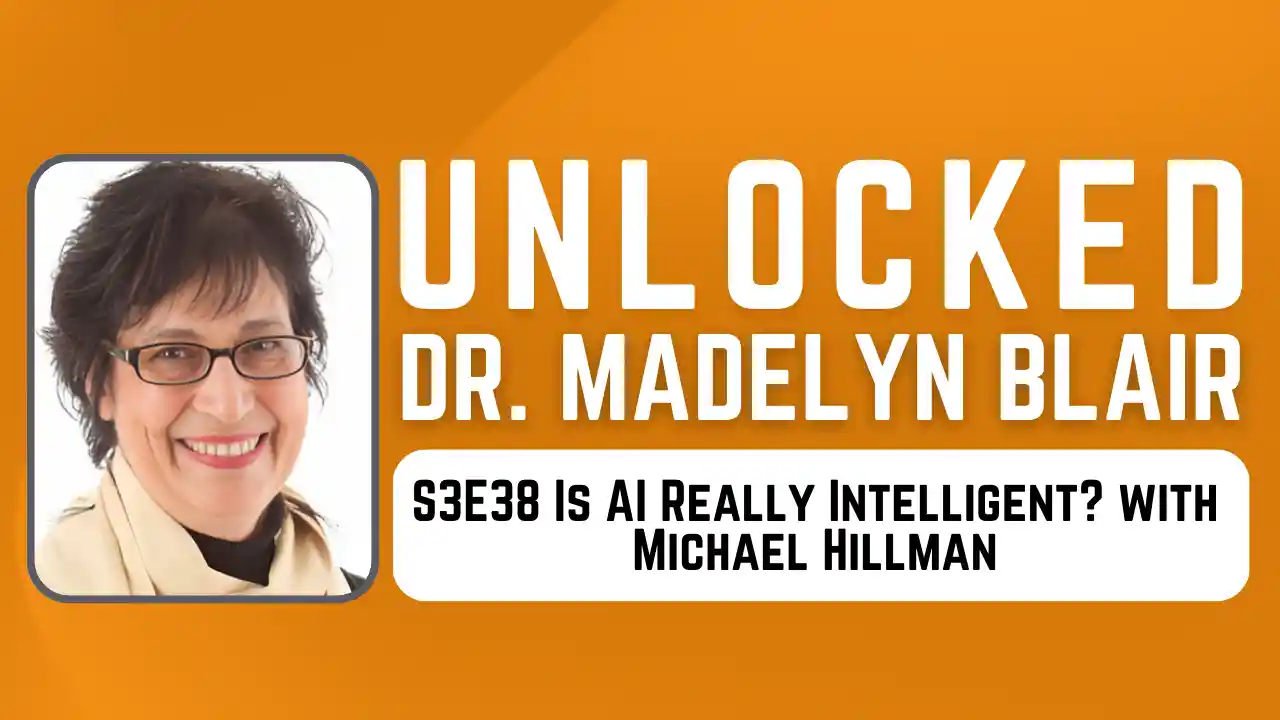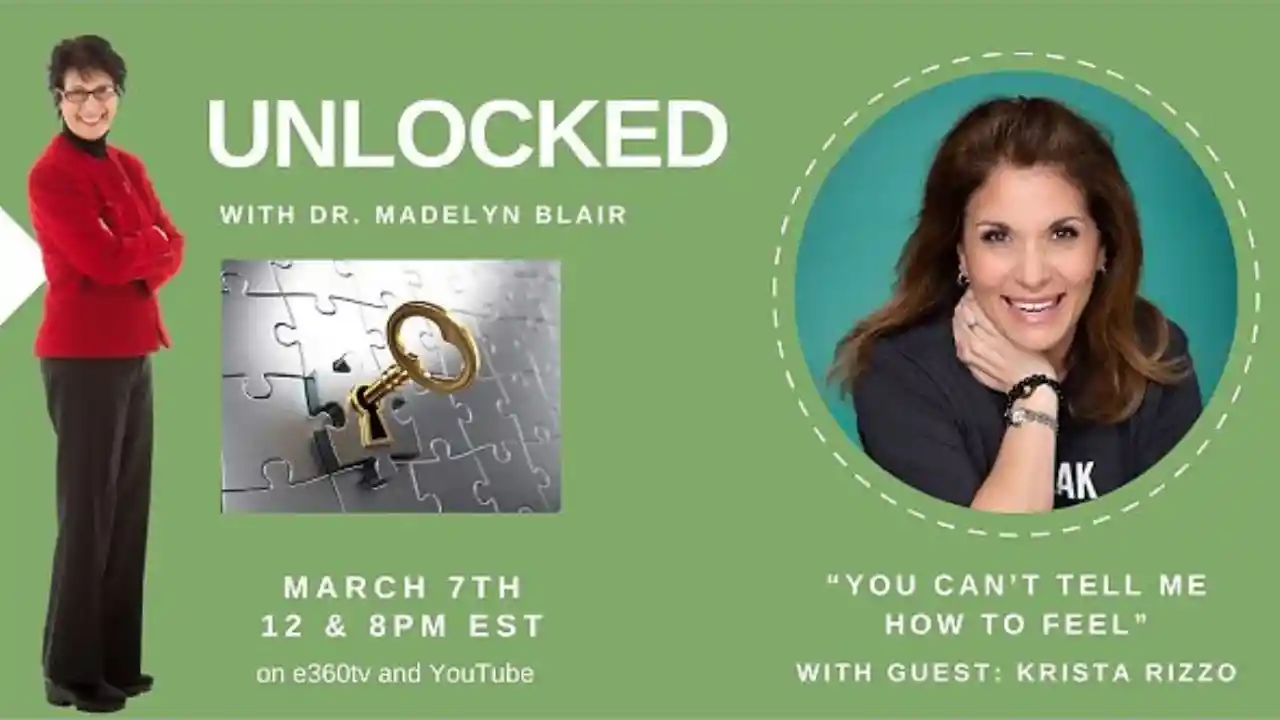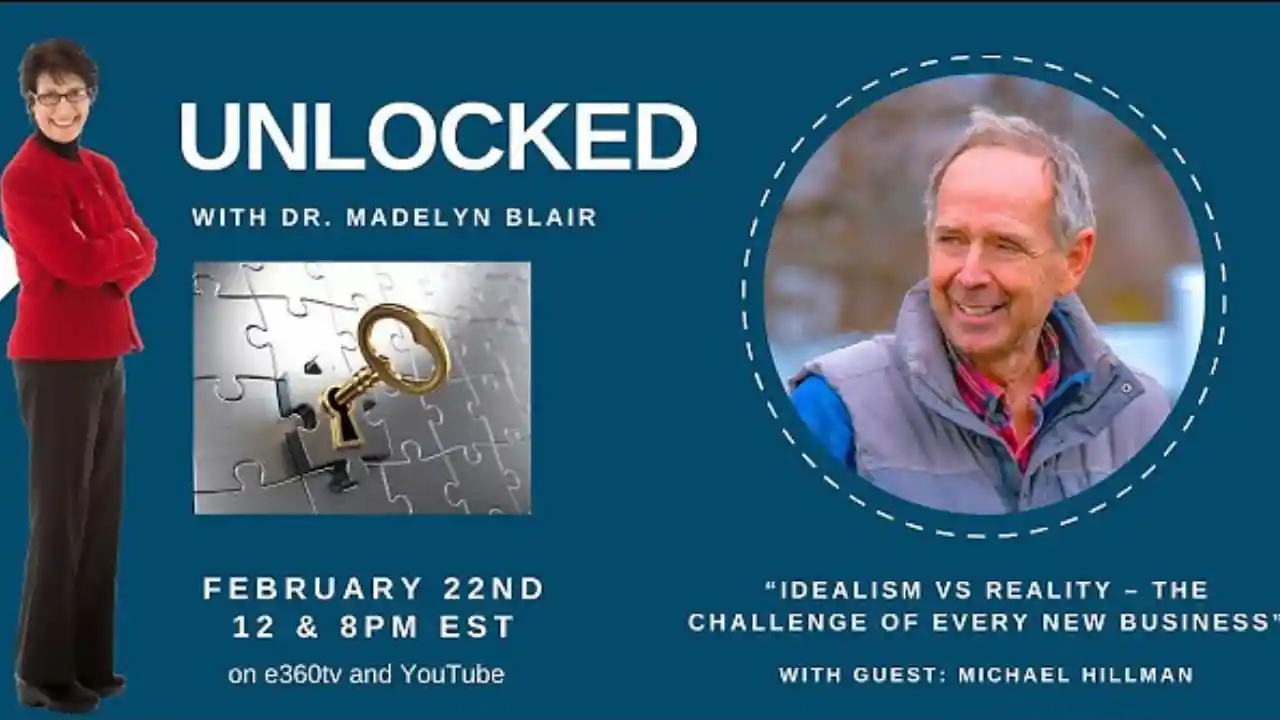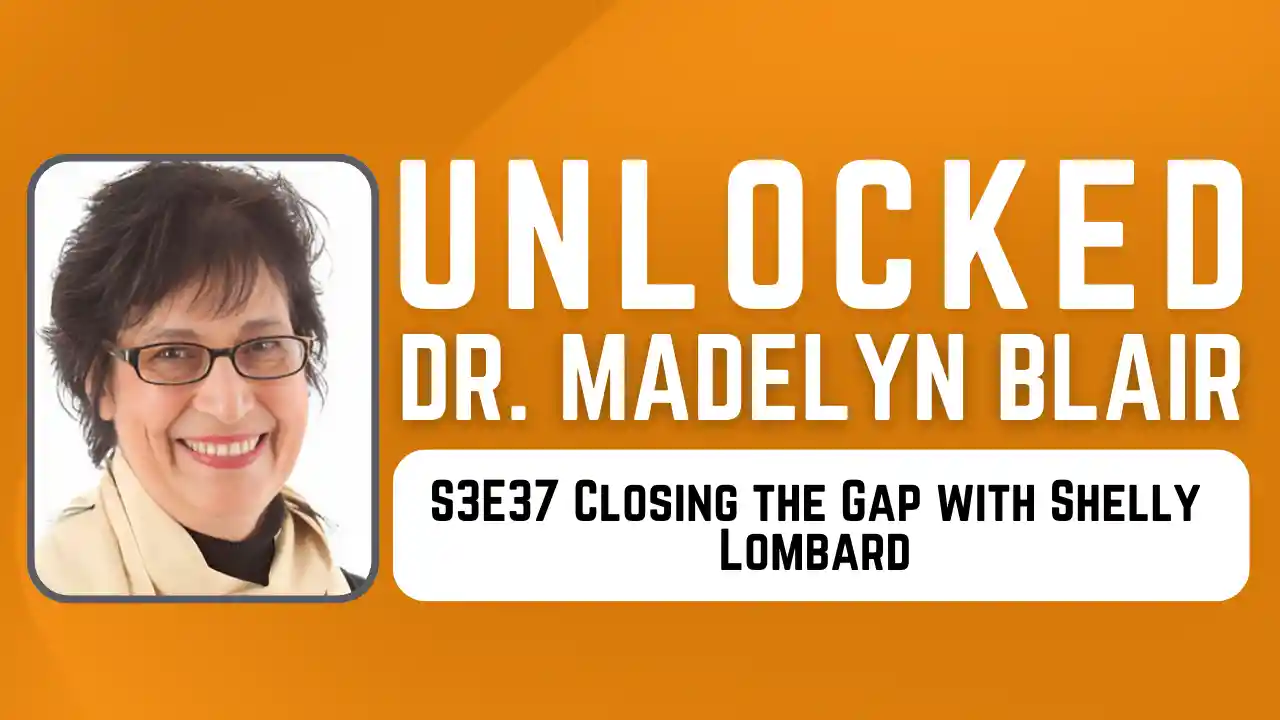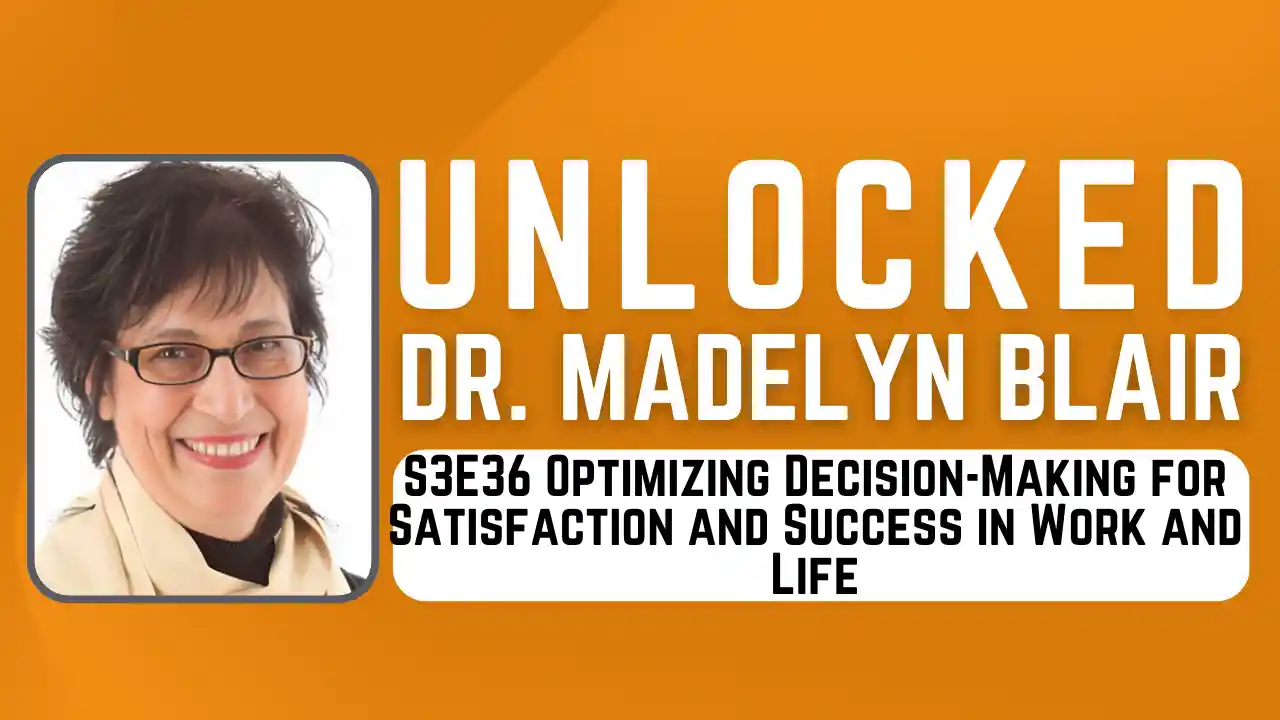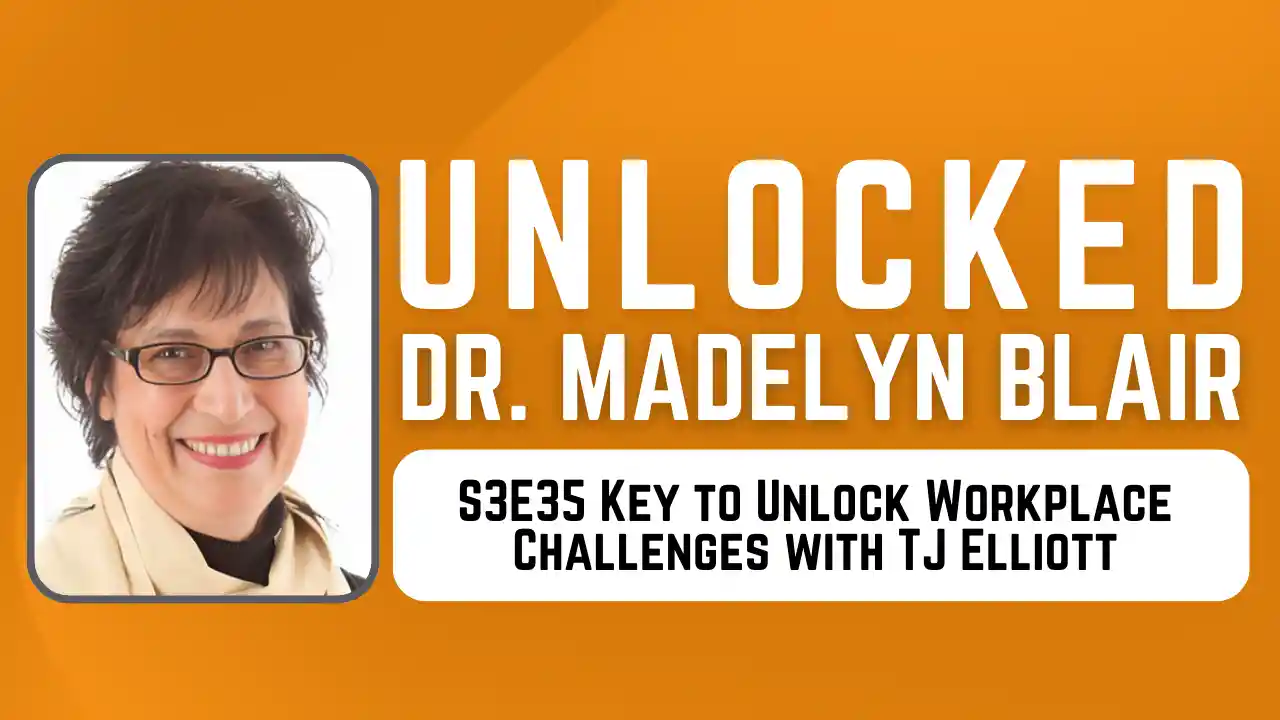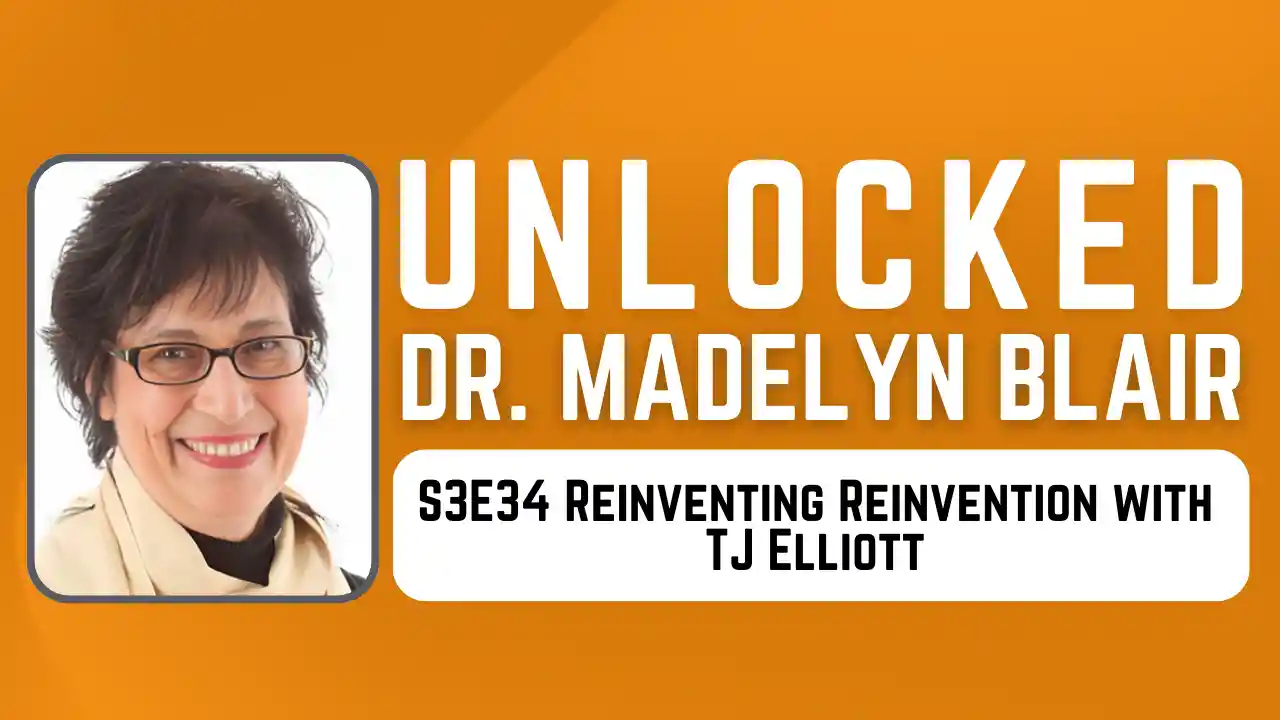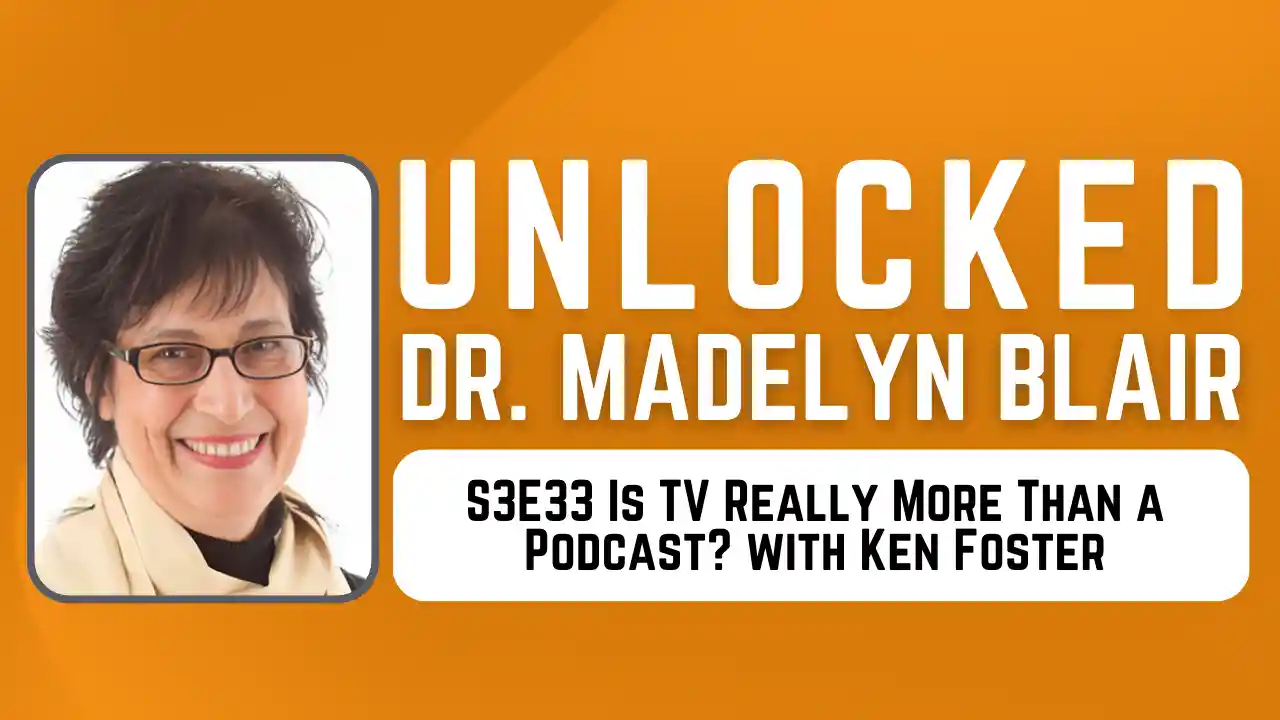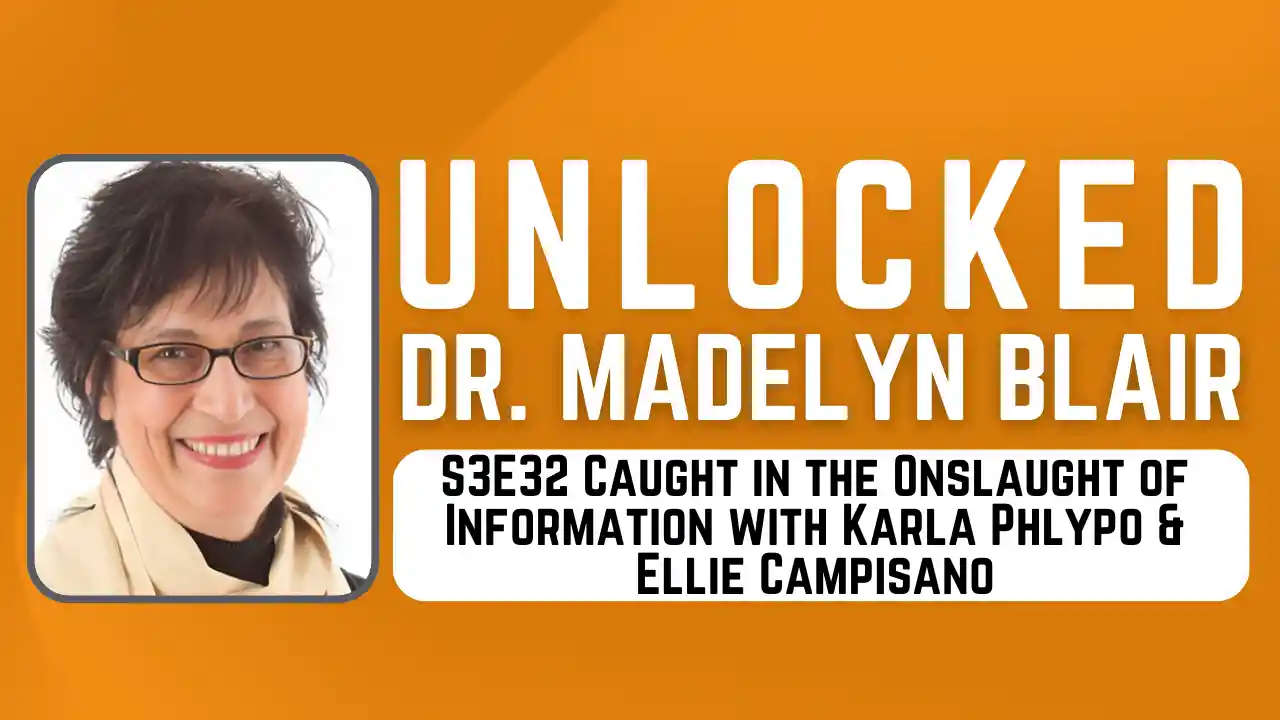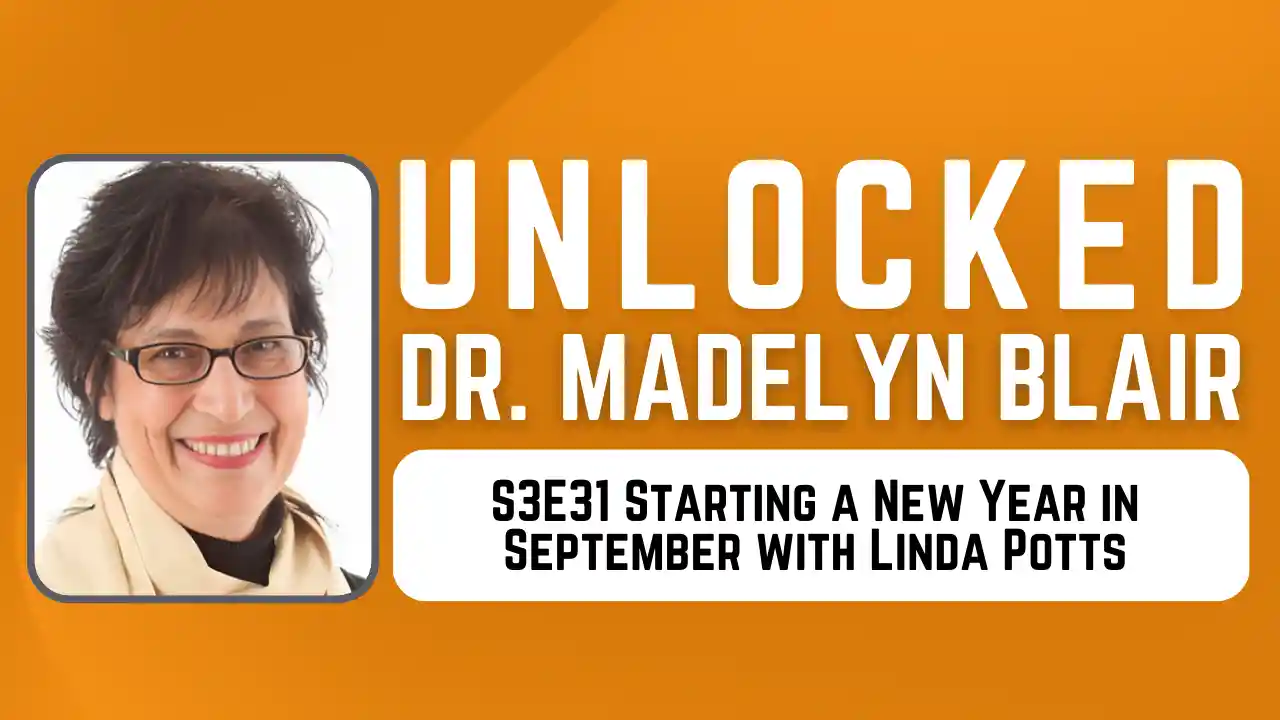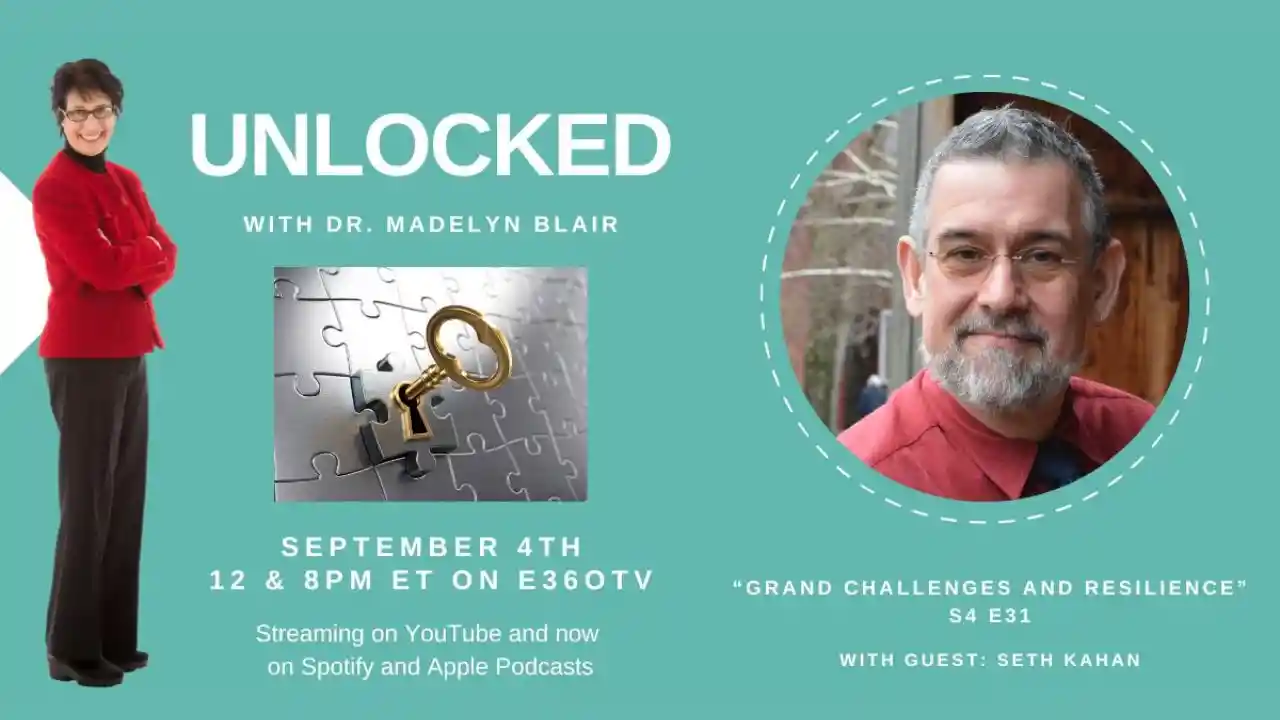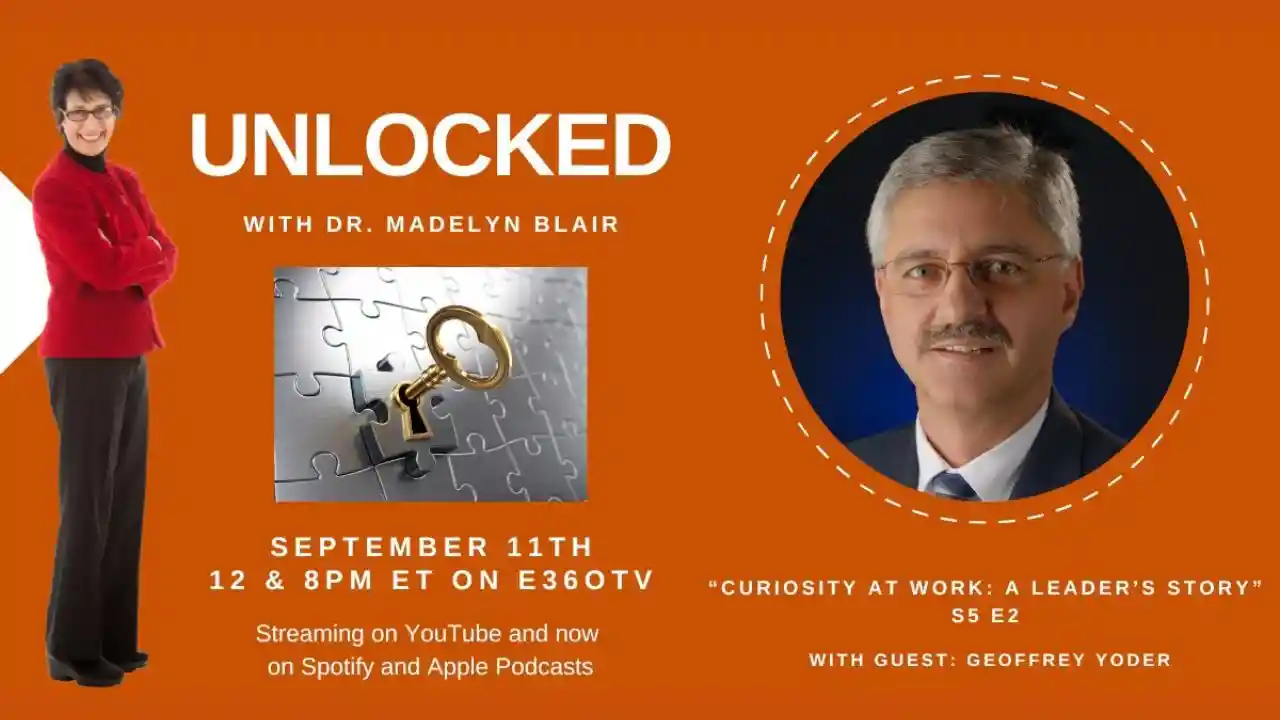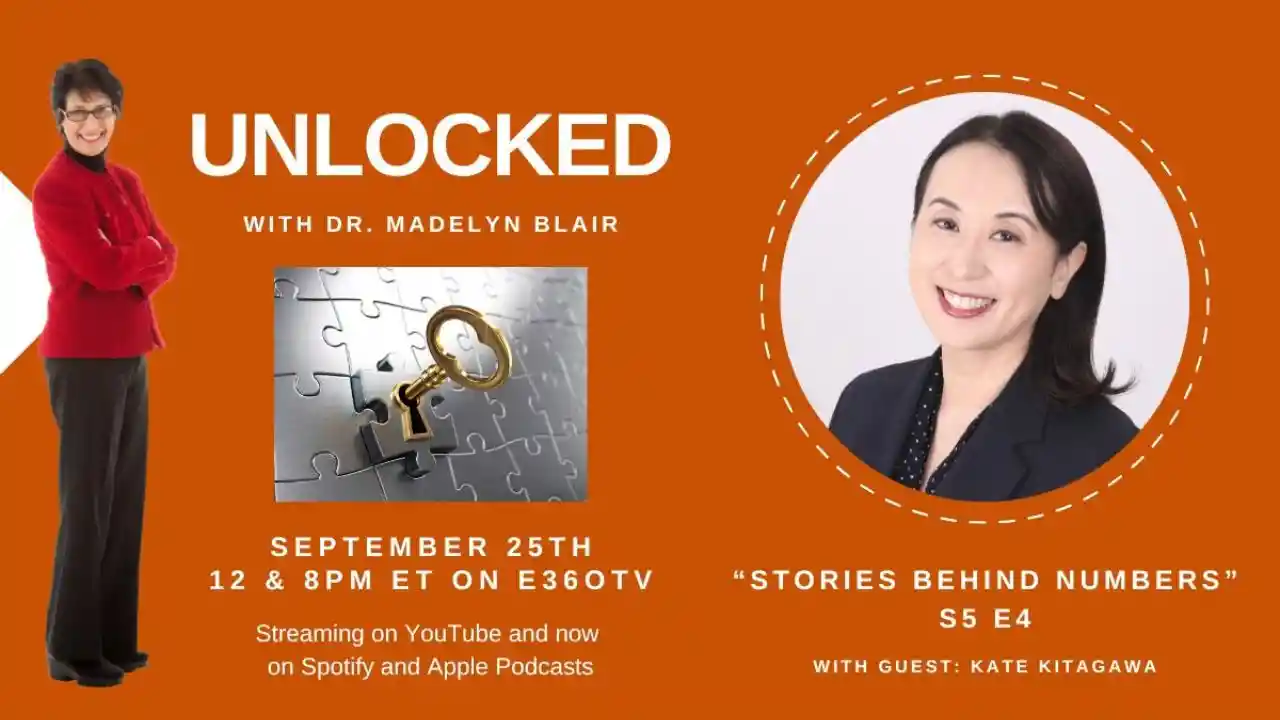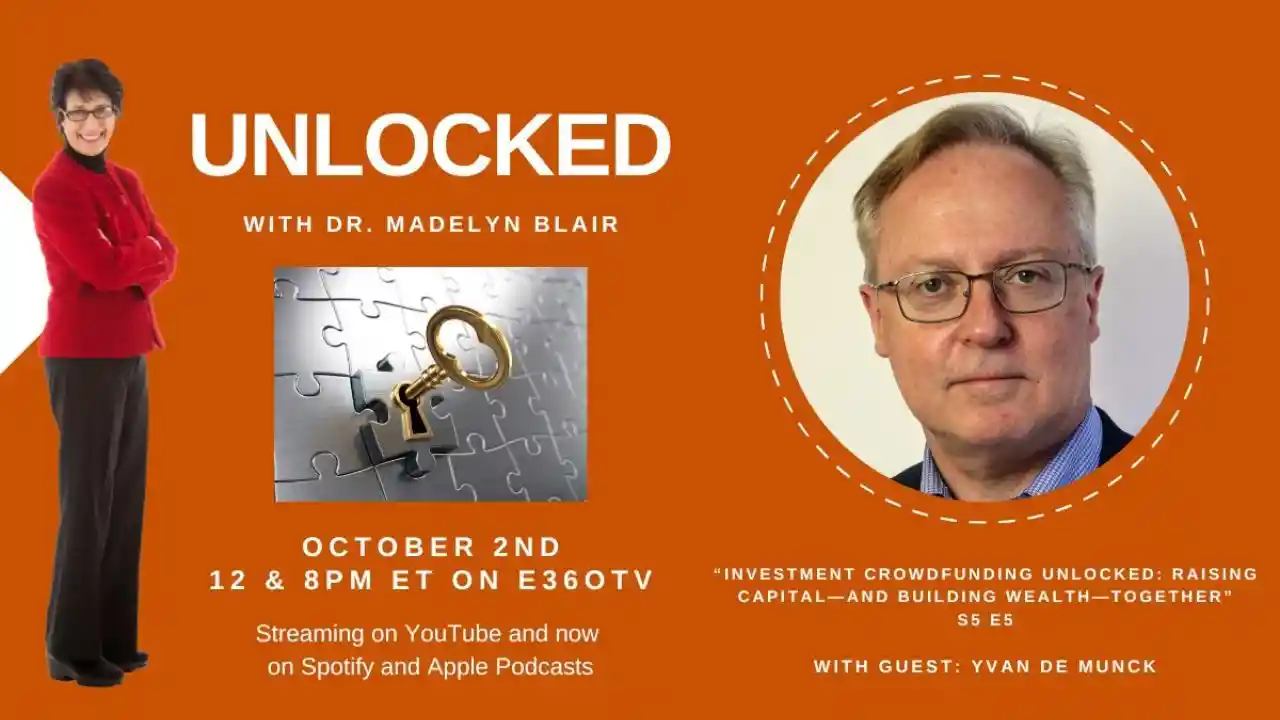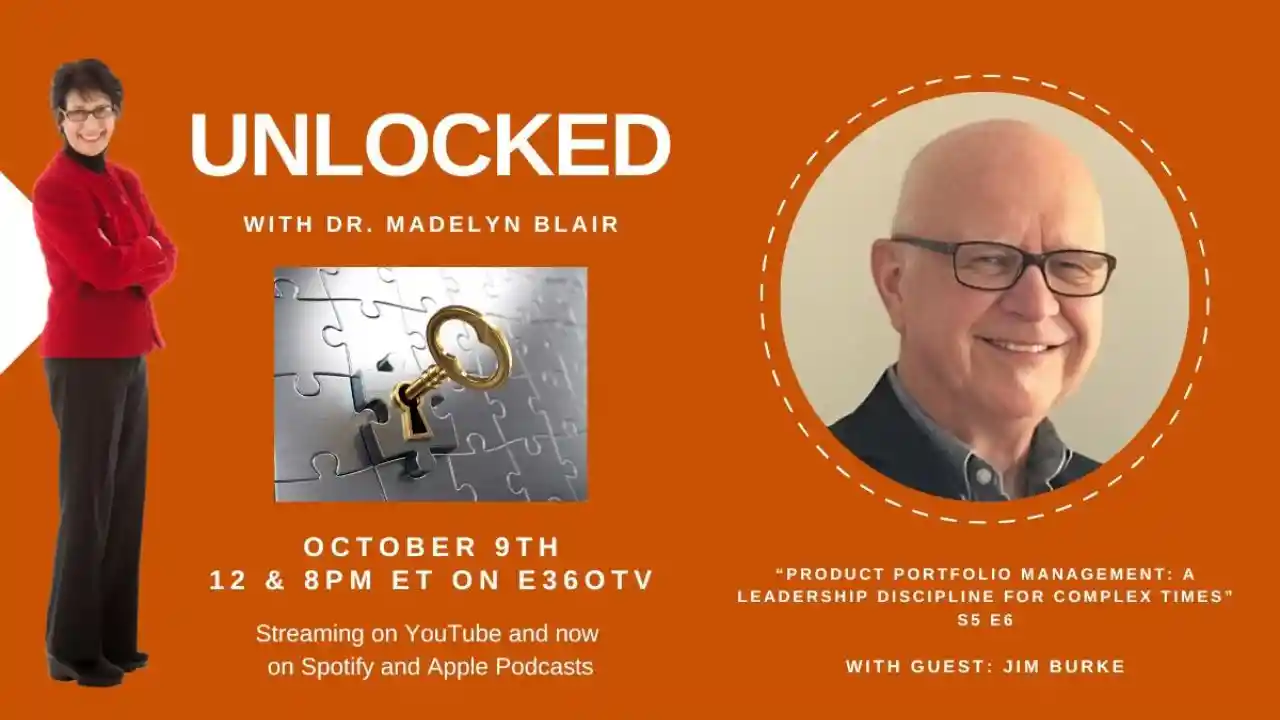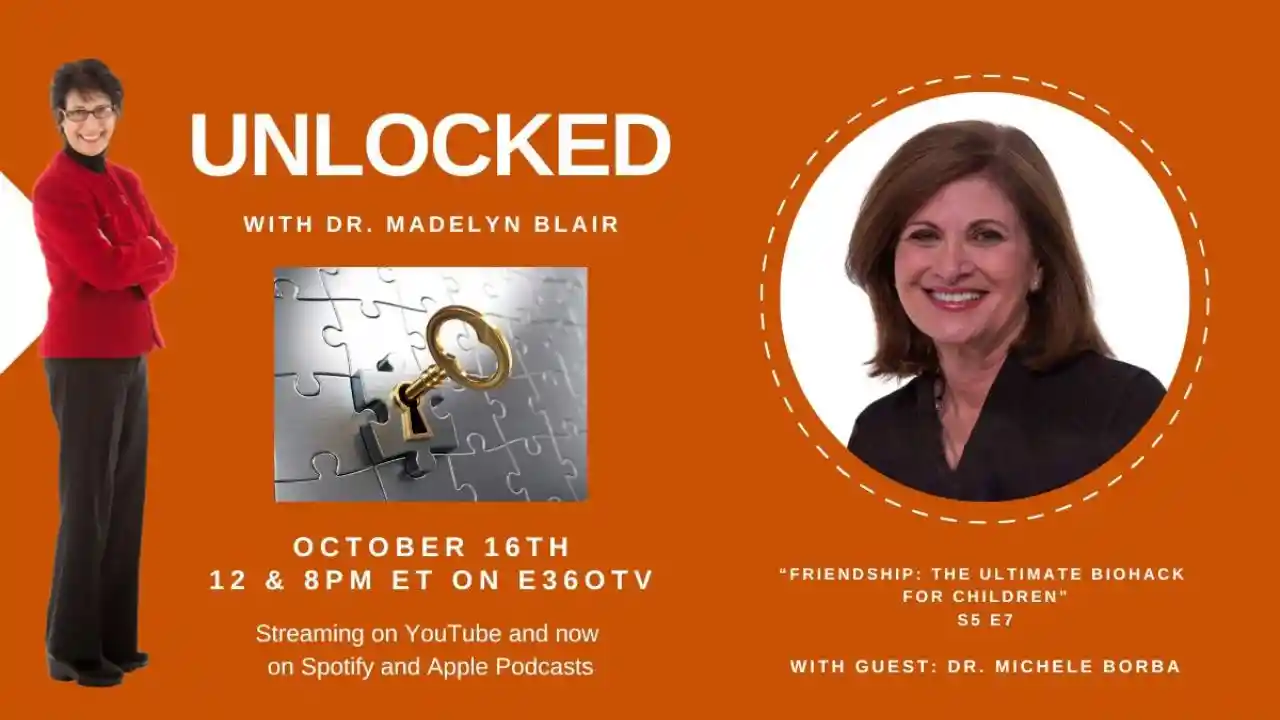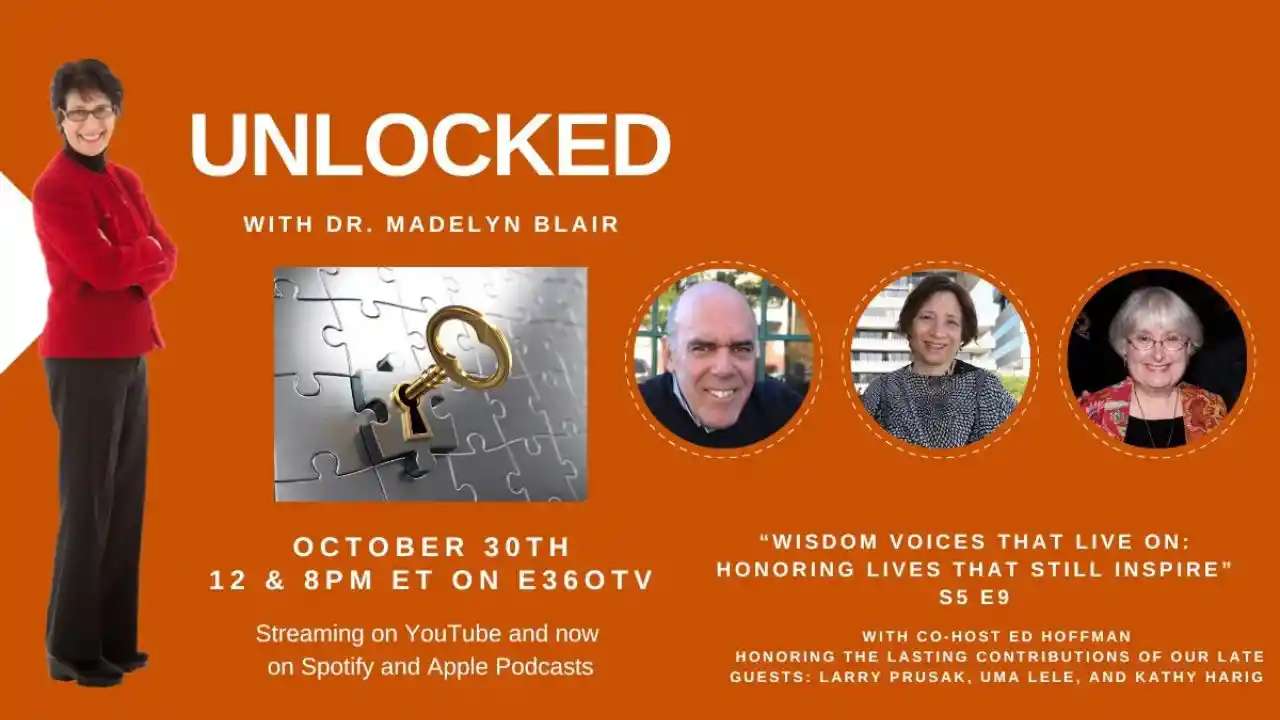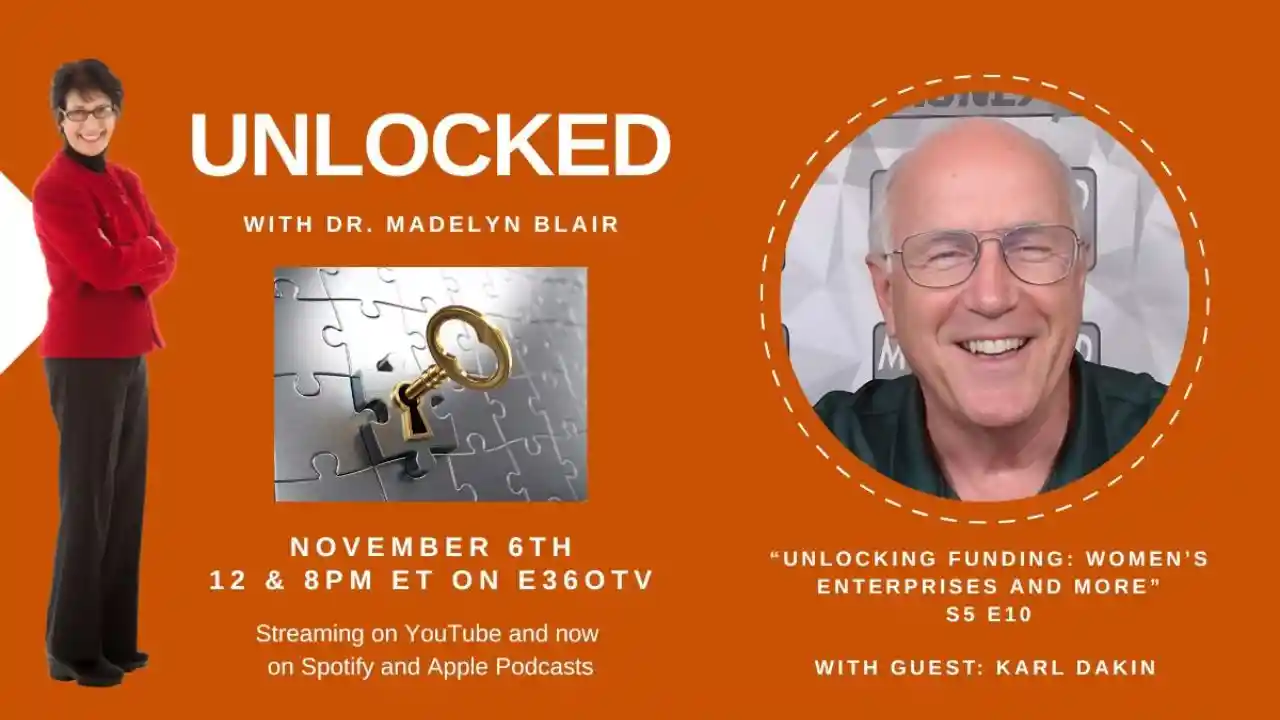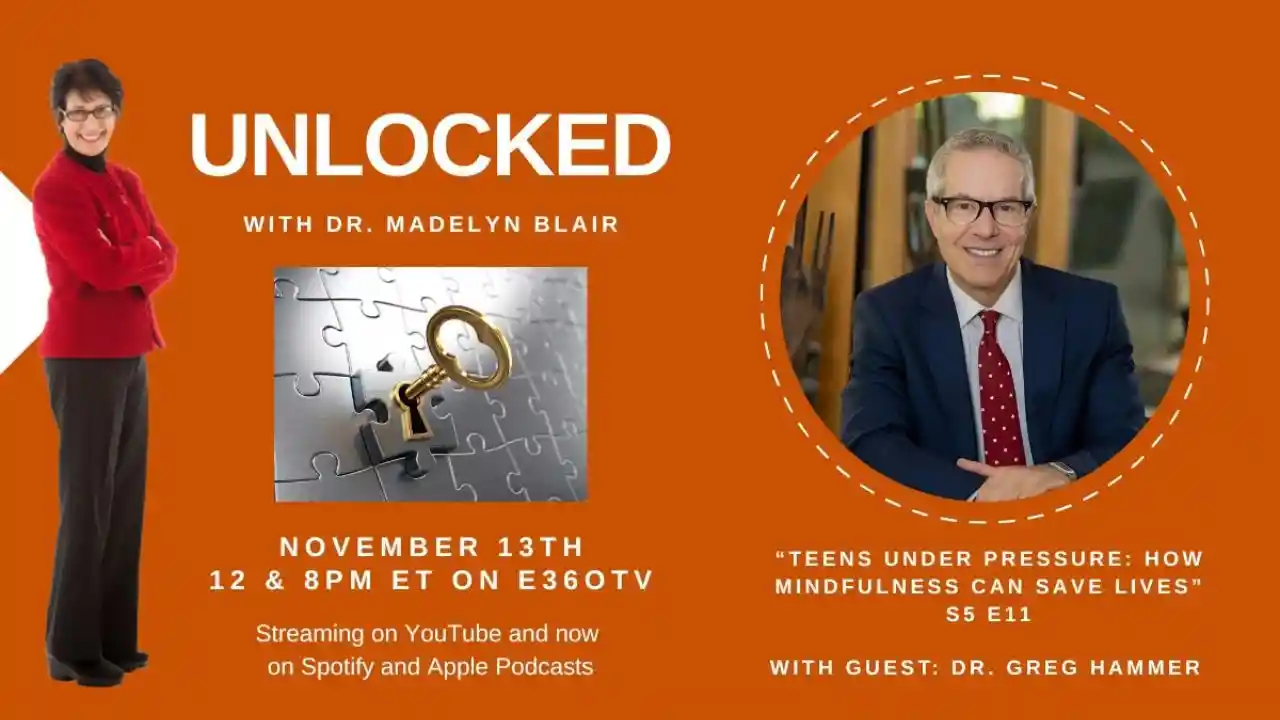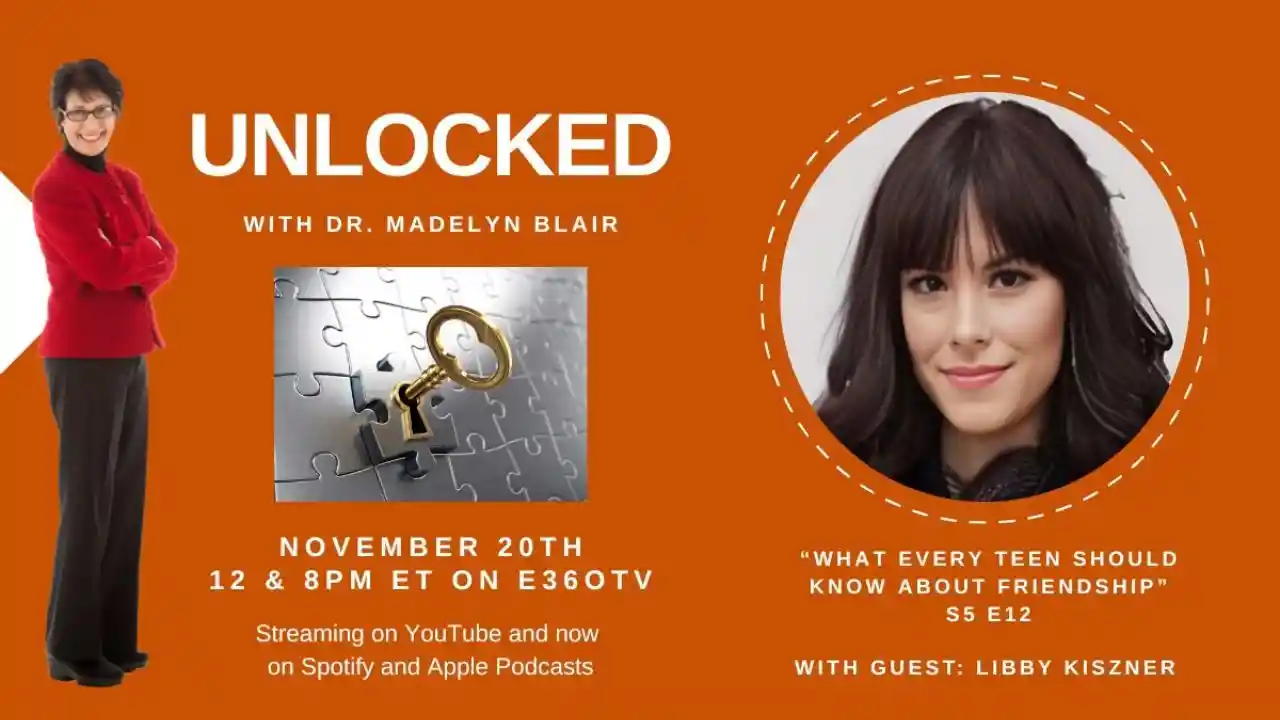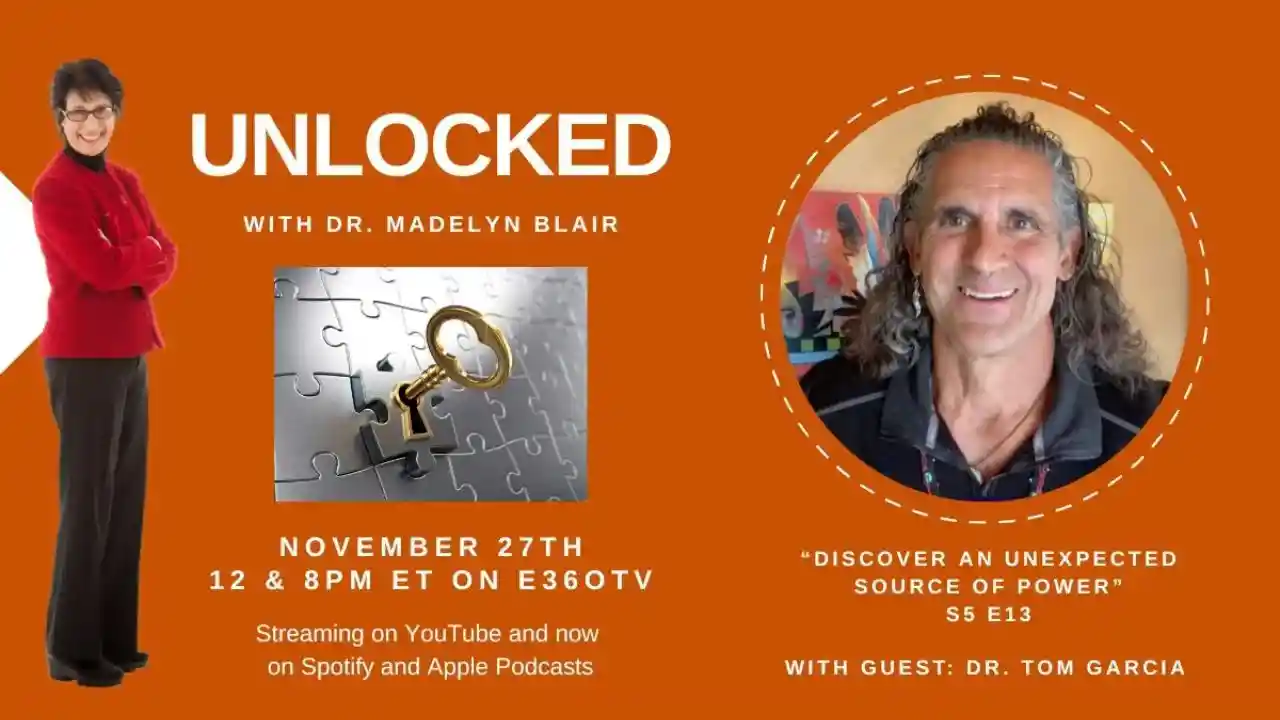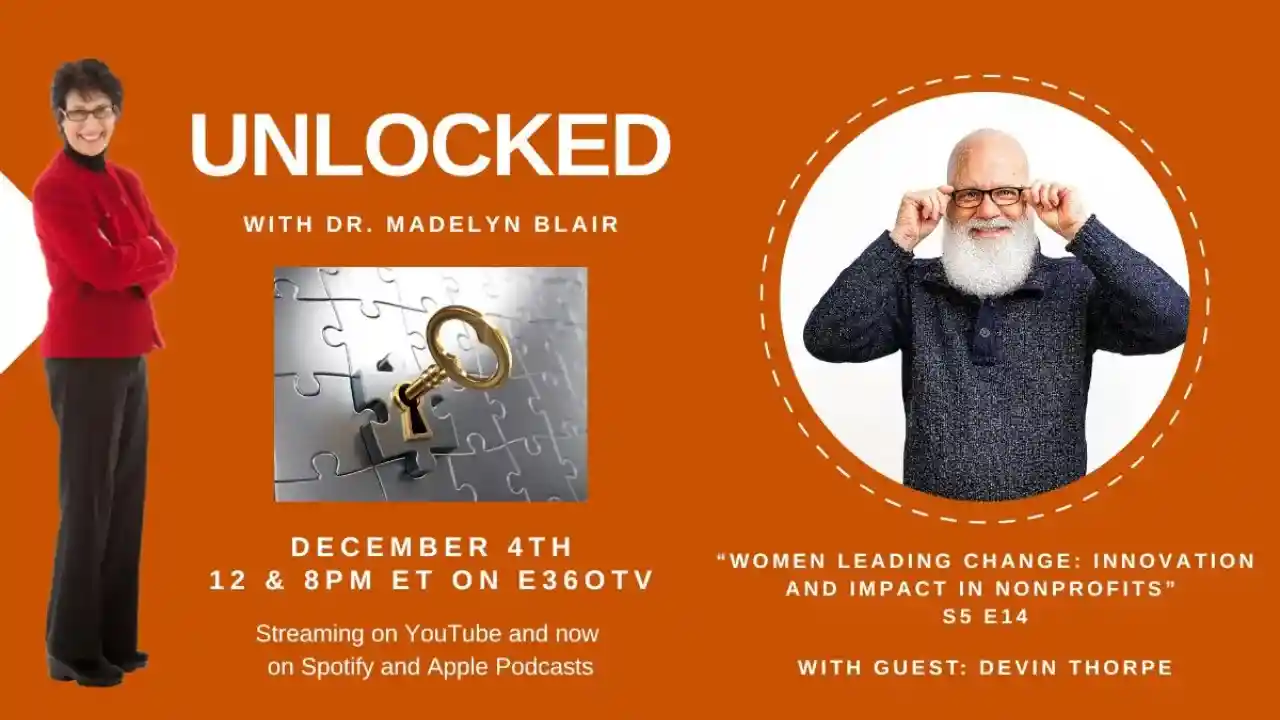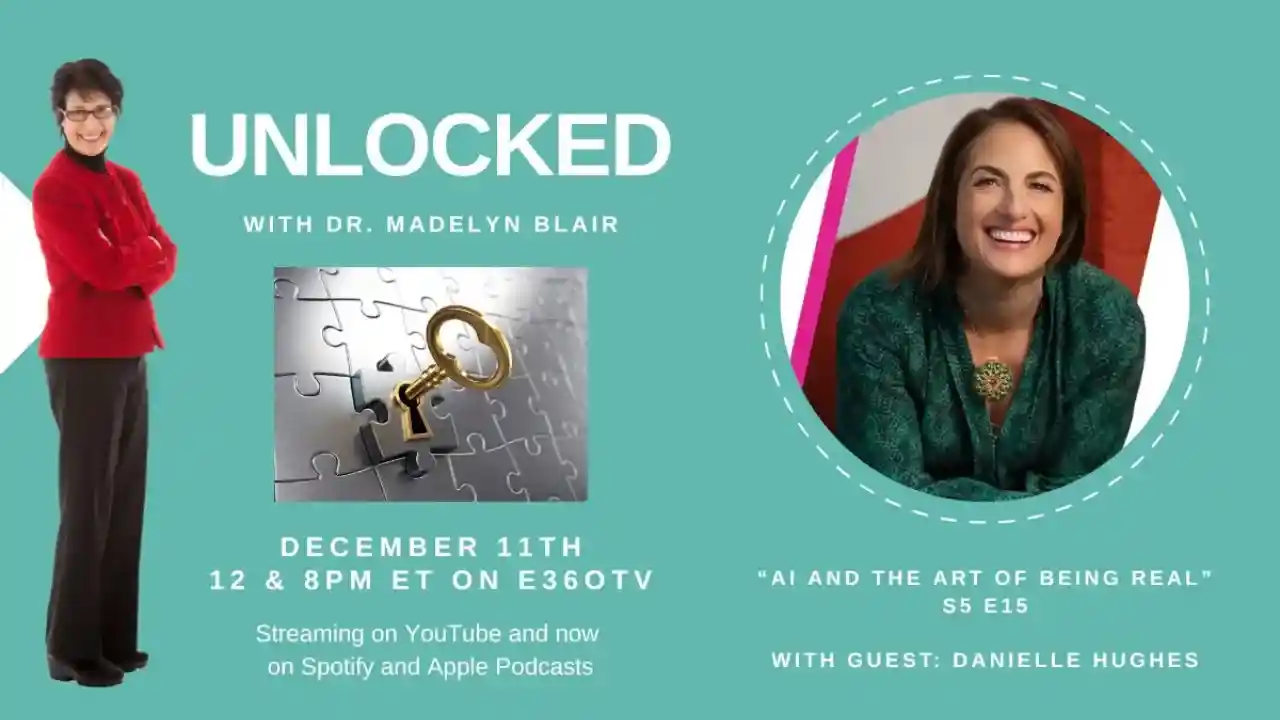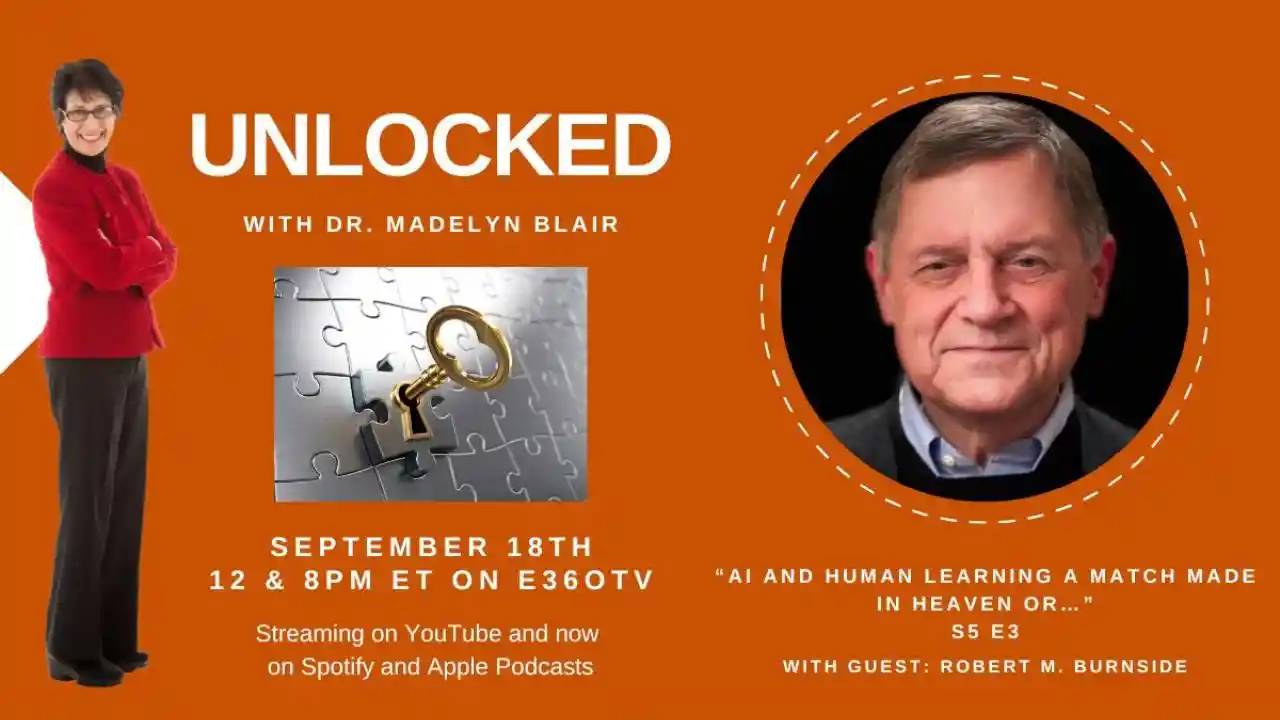S5 E3 - AI and Human Learning a Match Made in Heaven or ...
In this episode of Unlocked, host Madelyn Blair interviews Robert Burnside about the intersection of human learning and artificial intelligence. Robert, whose career has spanned roles in leadership development and organizational effectiveness, provides a nuanced perspective on how AI can both support and challenge human growth.
The conversation begins with Robert’s personal story of moving to Milan, highlighting how Italian culture exemplifies creativity through food. This serves as a segue into the central theme: the difference between human and machine thinking. Robert defines AI as a powerful tool built on past human thought, stored in vast databases, and accessed through algorithms. While it reflects human intelligence, it lacks essential elements of human thought—emotion, will, and moral judgment.
AI’s most immediate organizational impact has been in productivity. From replacing frustrating phone menus with conversational systems to cutting consulting research from weeks to minutes, AI offers efficiency gains. In human resources, it is used to screen resumes, develop tailored learning content, and analyze performance data. Yet Robert warns that treating employees solely as “resources” risks dehumanization, especially if AI decisions are viewed as superior to human judgment.
The heart of the discussion turns to learning. Robert argues that humans learn best when curiosity, motivation, and context are present. Learning imposed from outside often fails to engage deeply. AI can supply knowledge quickly but cannot replicate the living process of learning, which integrates thought, emotion, and personal meaning. Similarly, AI cannot experience empathy—an inherently human quality developed through life experience, relationships, and nonverbal understanding.
Robert stresses that technology itself is neither good nor bad, but never neutral. The moment it is used by humans, it reflects their morality. This makes empathy and ethical leadership crucial. Social media, for example, has connected people globally but has also amplified division and reduced empathy. AI presents a similar double-edged challenge.
A central theme is human agency. Robert and Madelyn caution that over-reliance on AI may weaken our sense of personal responsibility and creativity, since AI operates only on past data. Humans, however, live dynamically between past and future, capable of growth and change. In leadership development, storytelling and reflection on past experiences help leaders clarify values and project themselves into the future—something machines cannot do.
Looking at risks, Robert warns that misuse arises when AI is equated with humans. Within organizations, this undermines employee motivation. Globally, if people abdicate self-understanding to machines, humanity risks losing its agency and creativity. For him, the challenge AI poses is not technological but existential: it forces us to ask, “What does it mean to be human?”
The conversation concludes with a hopeful note. If guided by empathy and ethics, AI can support leadership and human development. Ultimately, however, the responsibility lies with people to use AI wisely. As Robert notes, the real magic wand would not make AI “good,” but would inspire humans to act for the good of all.

